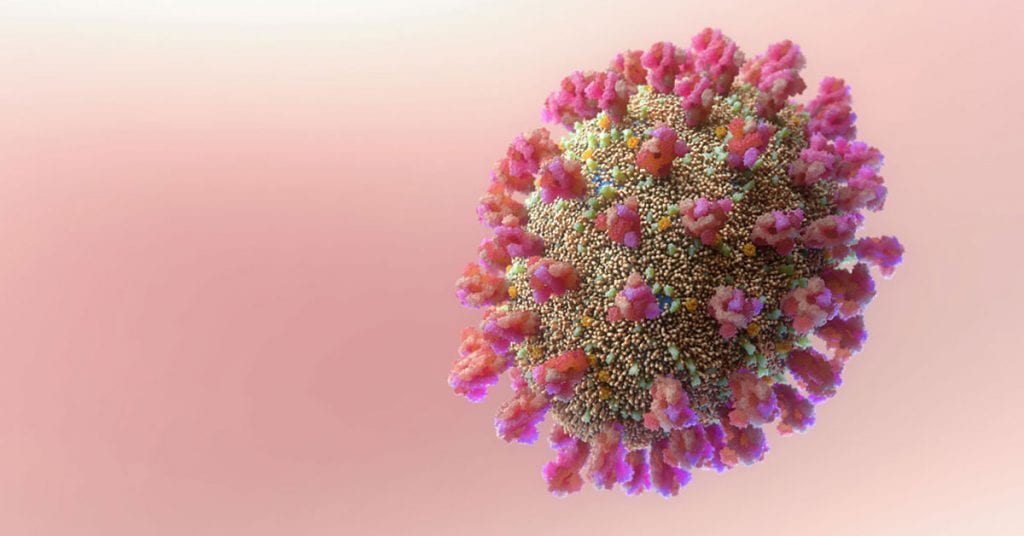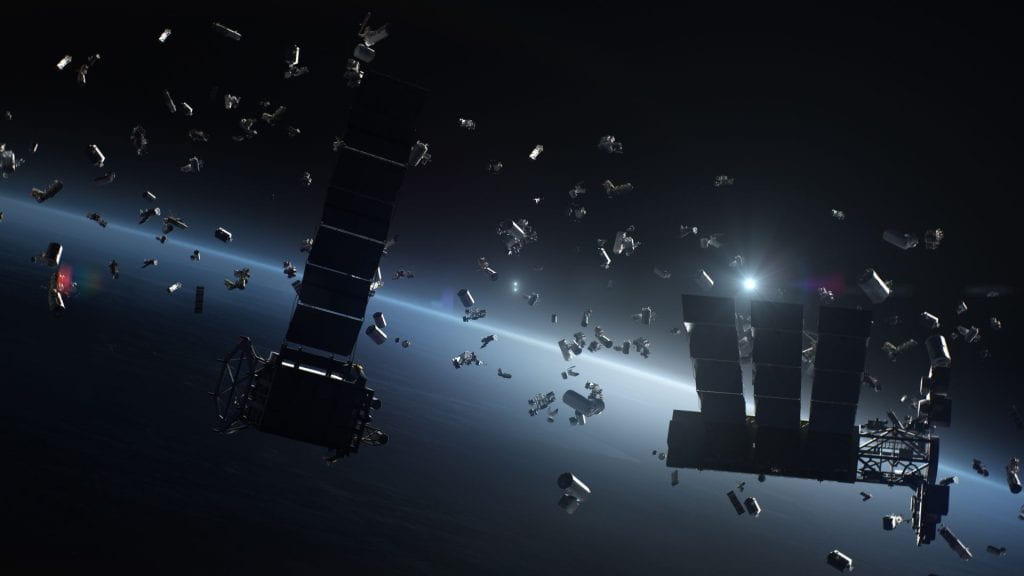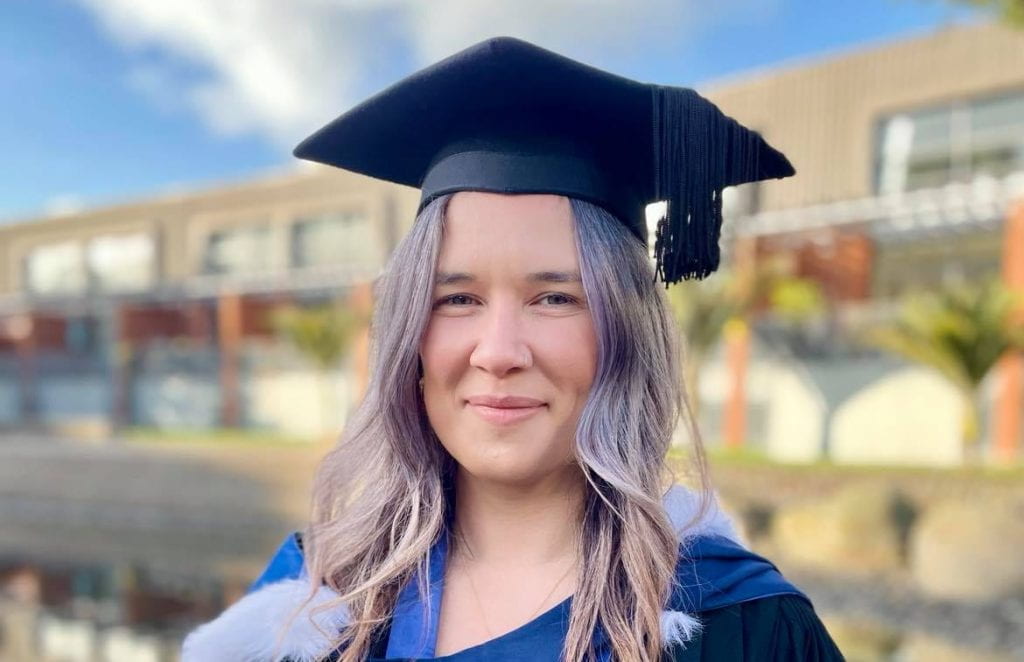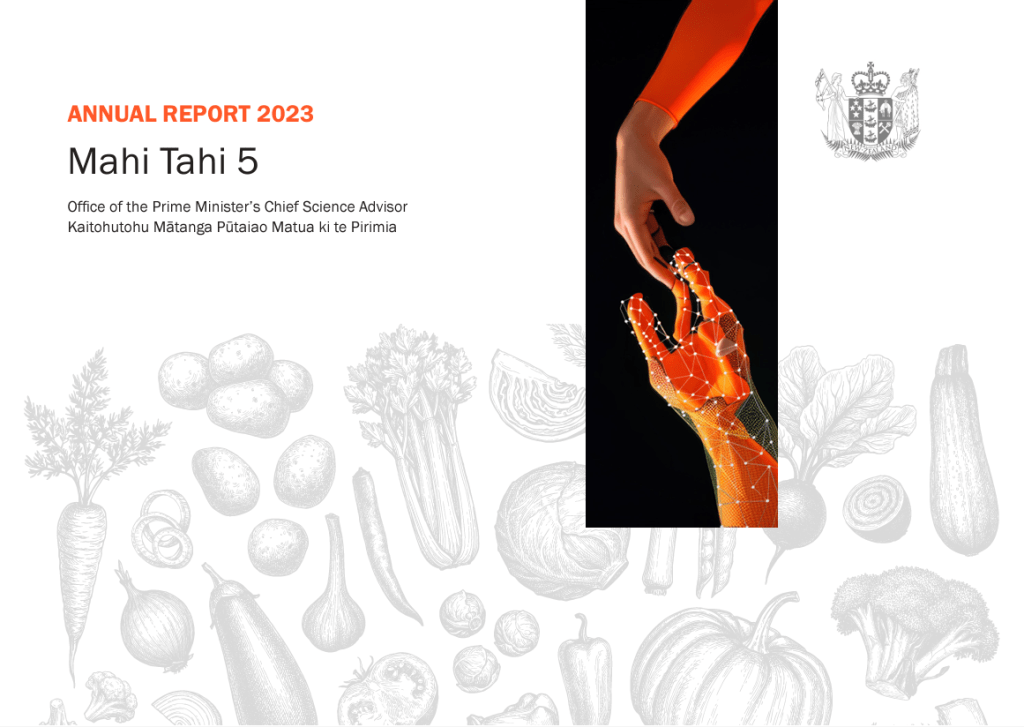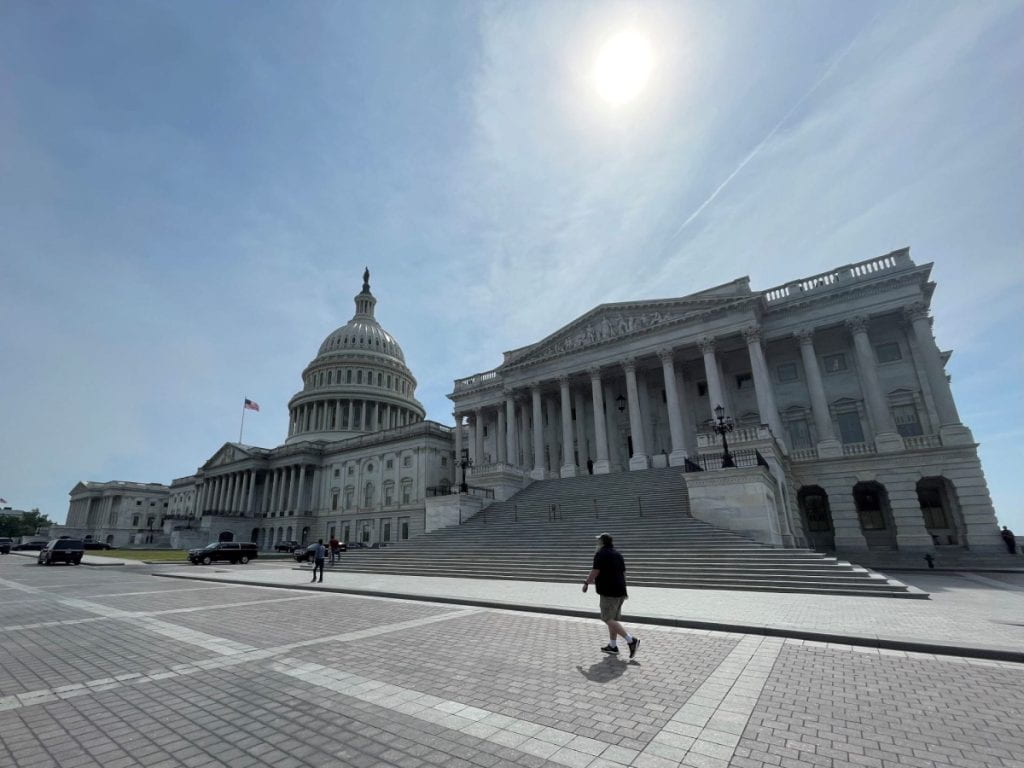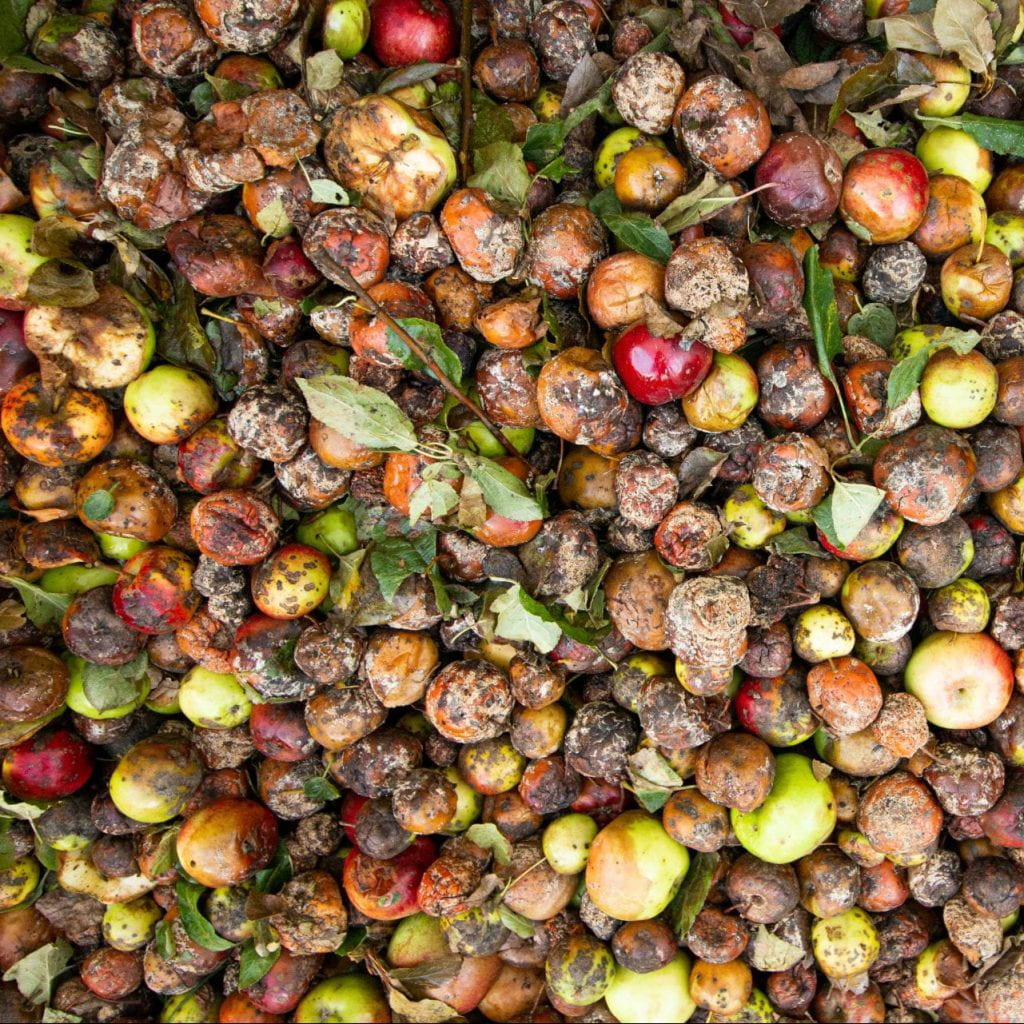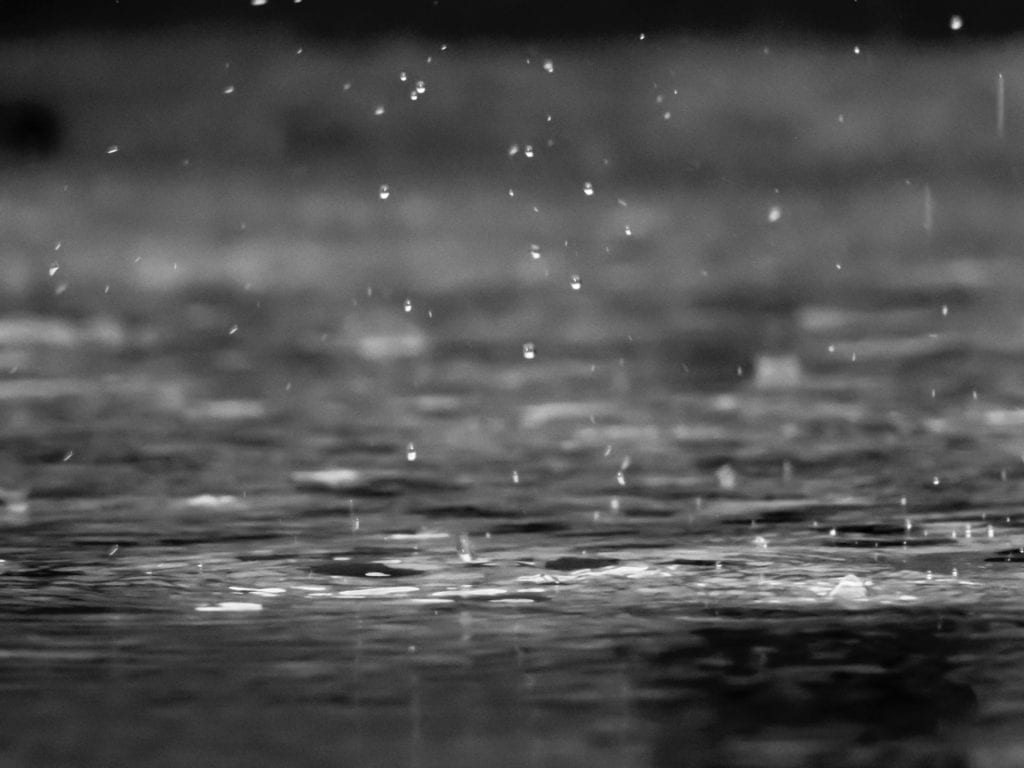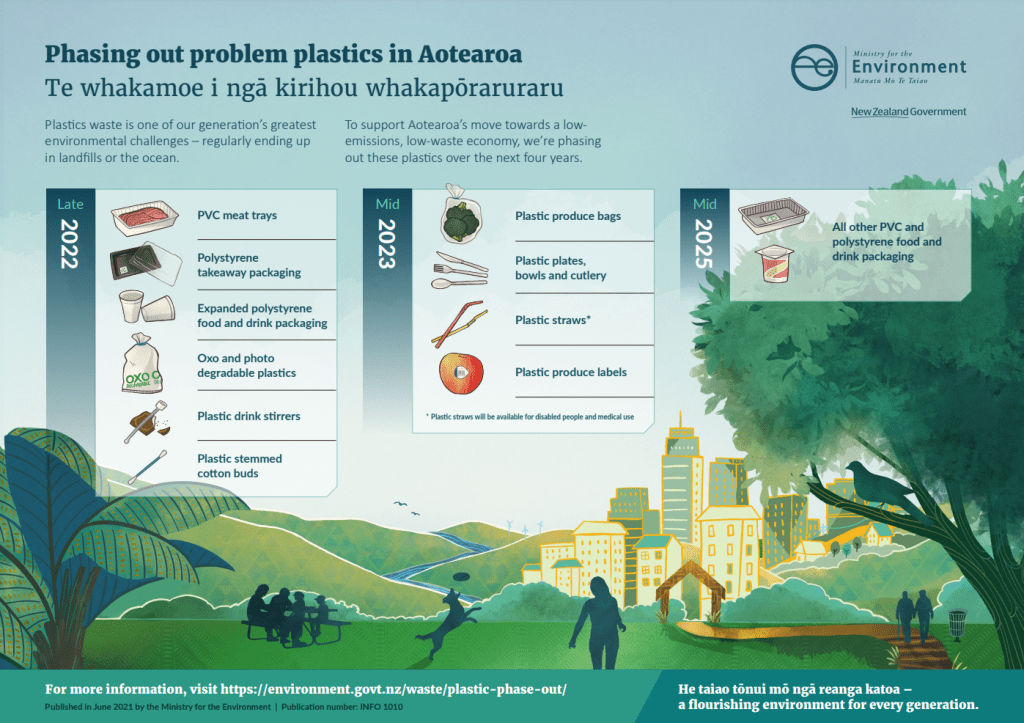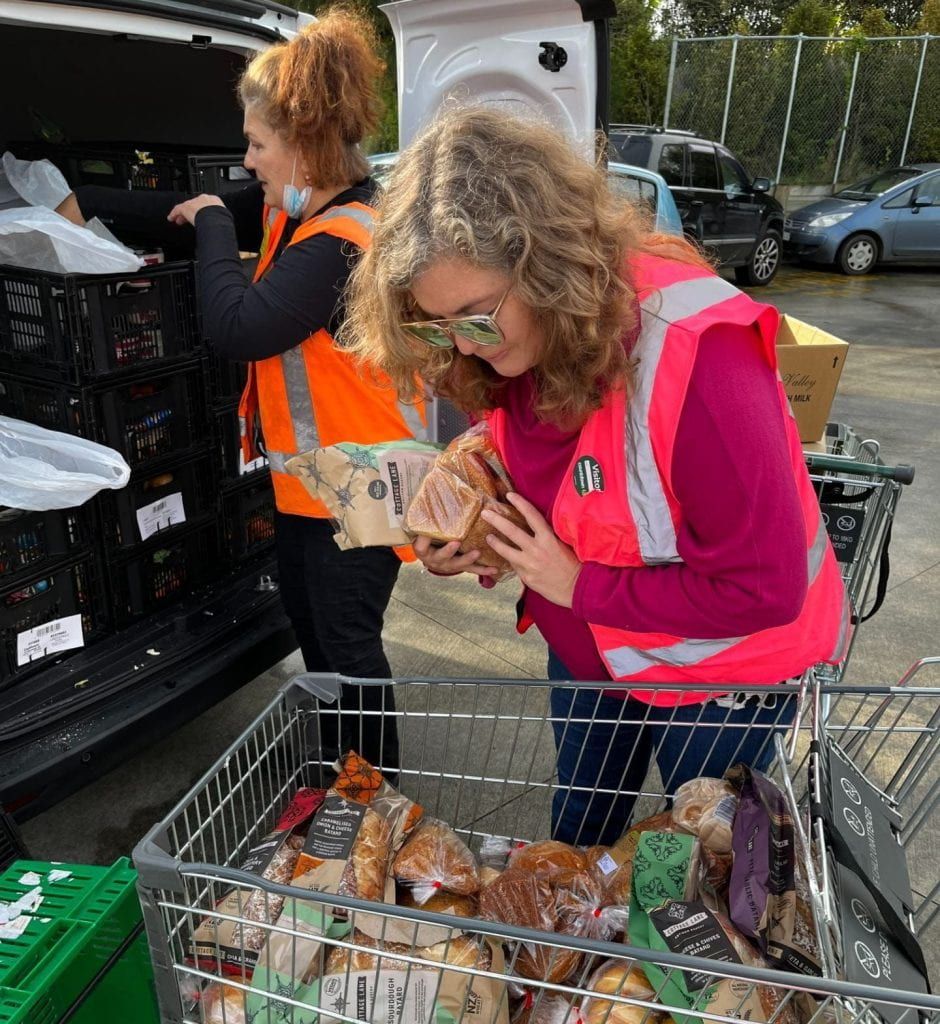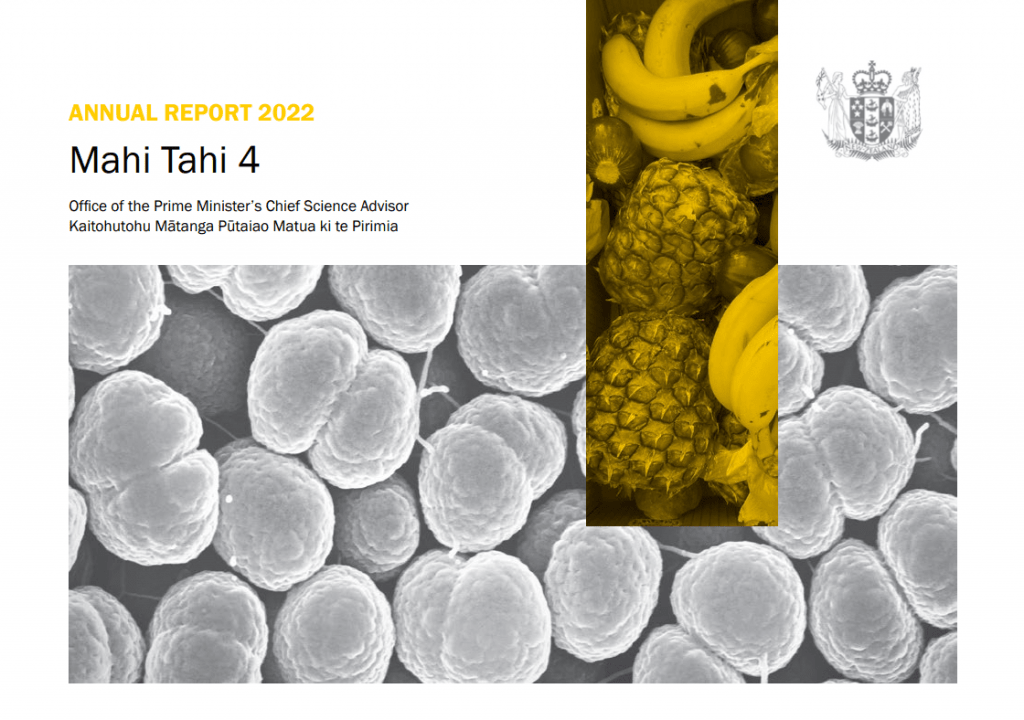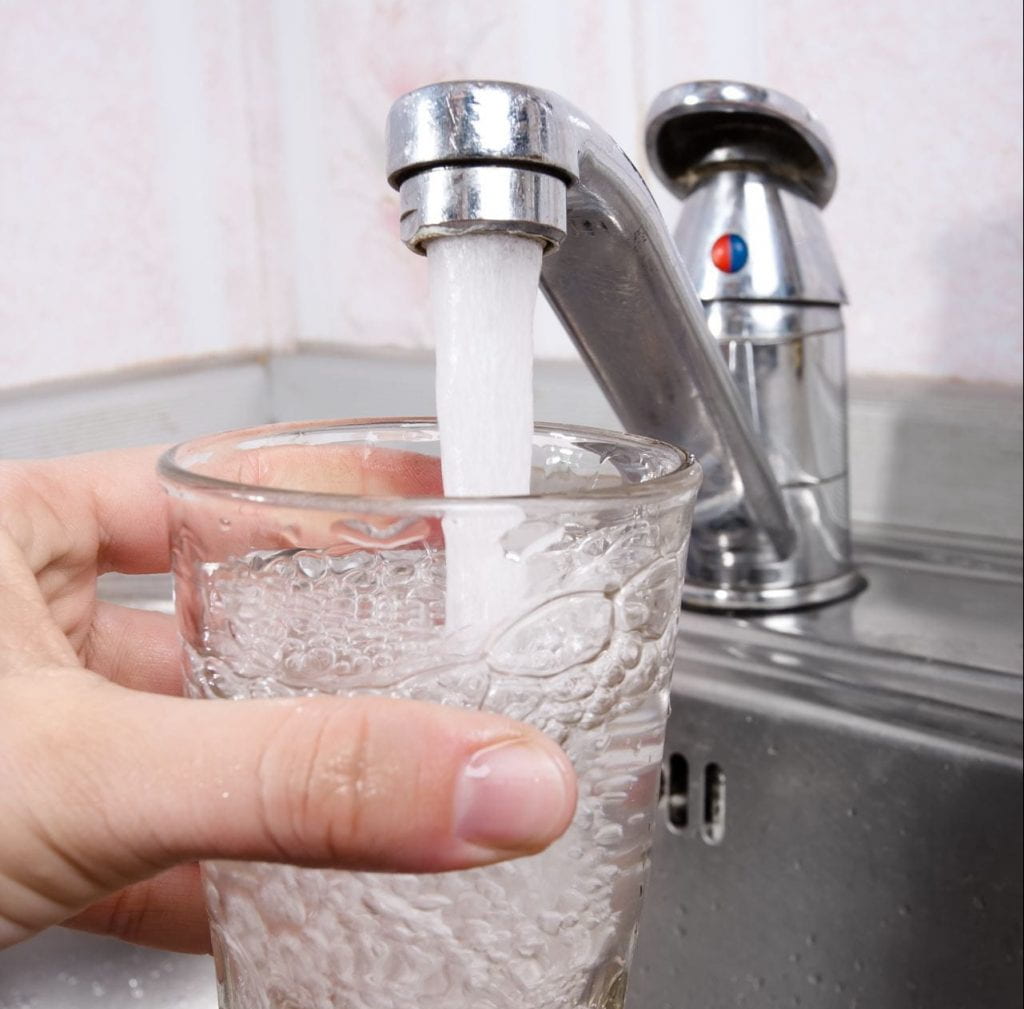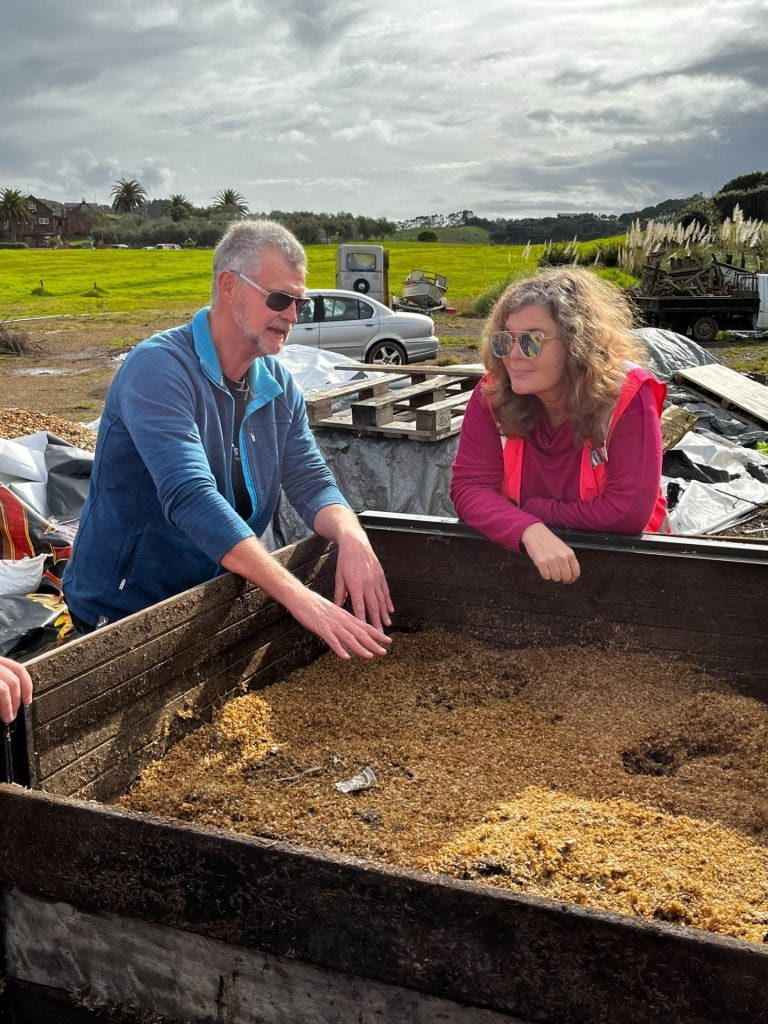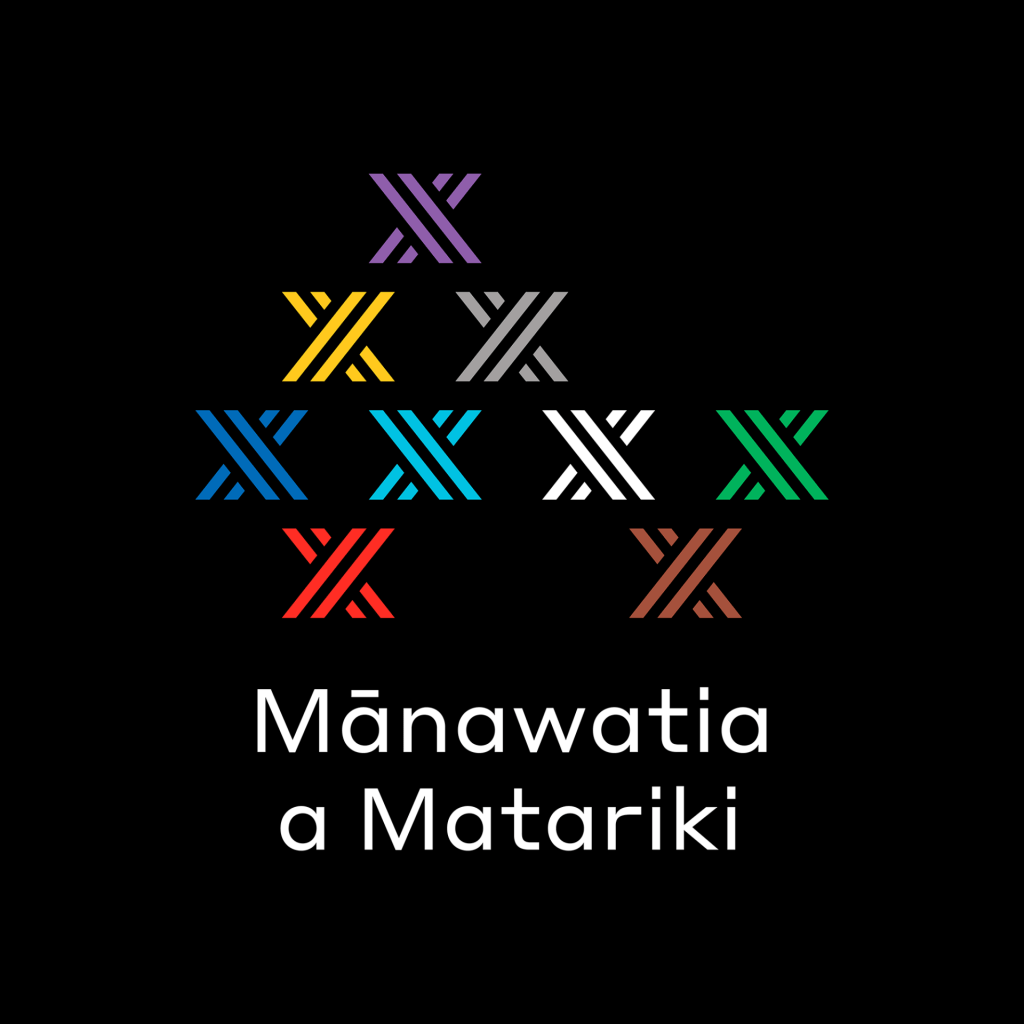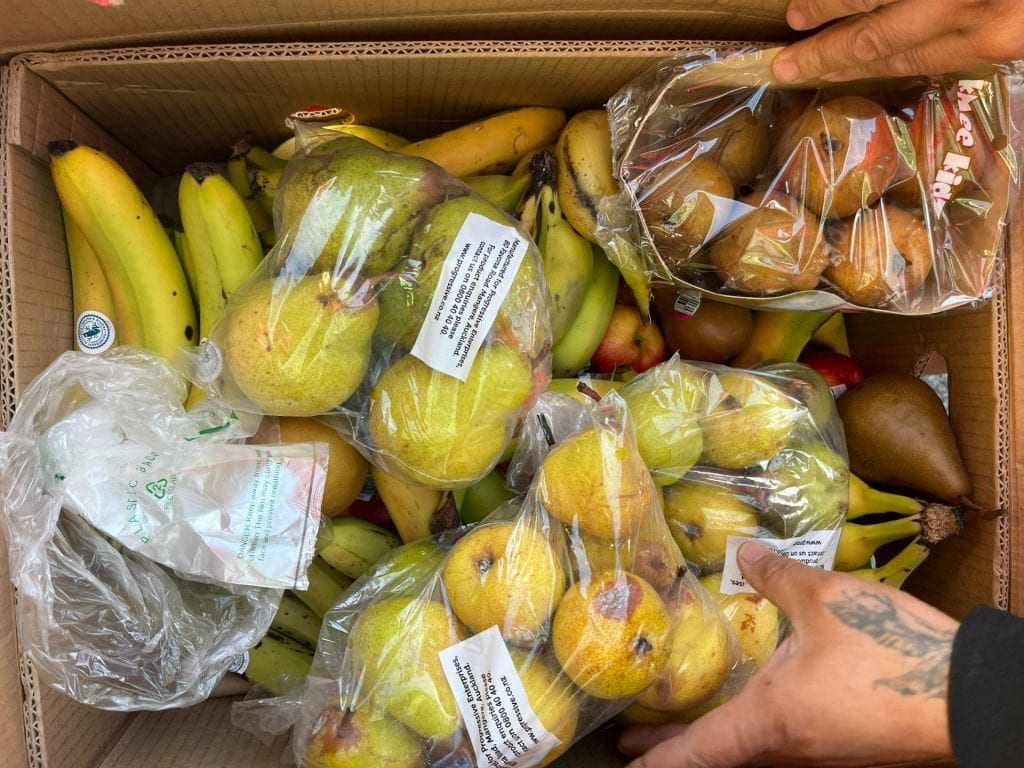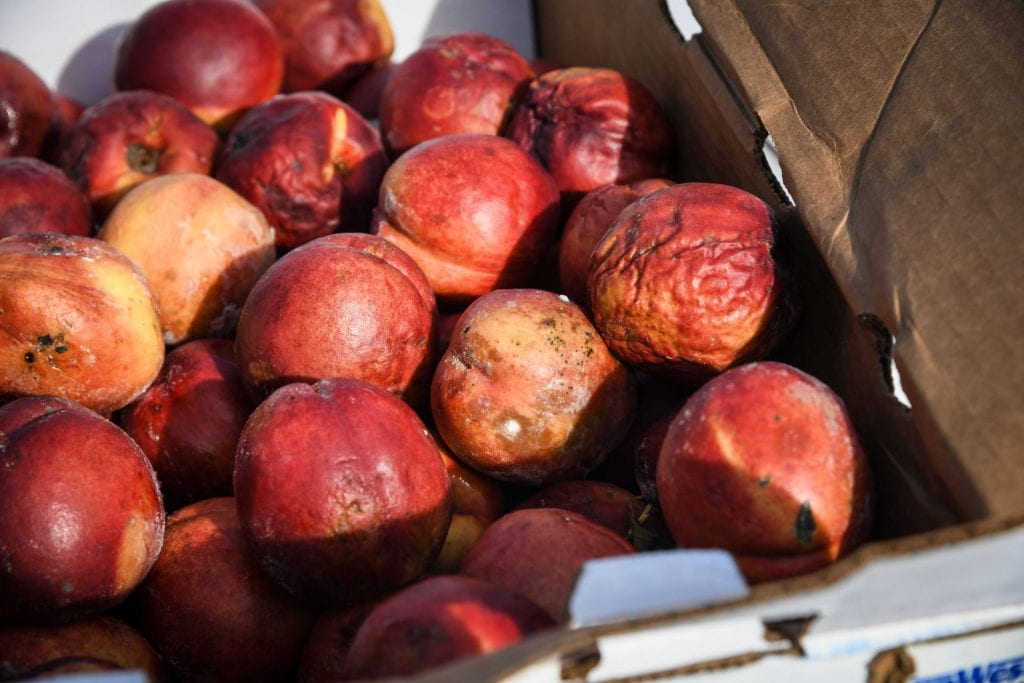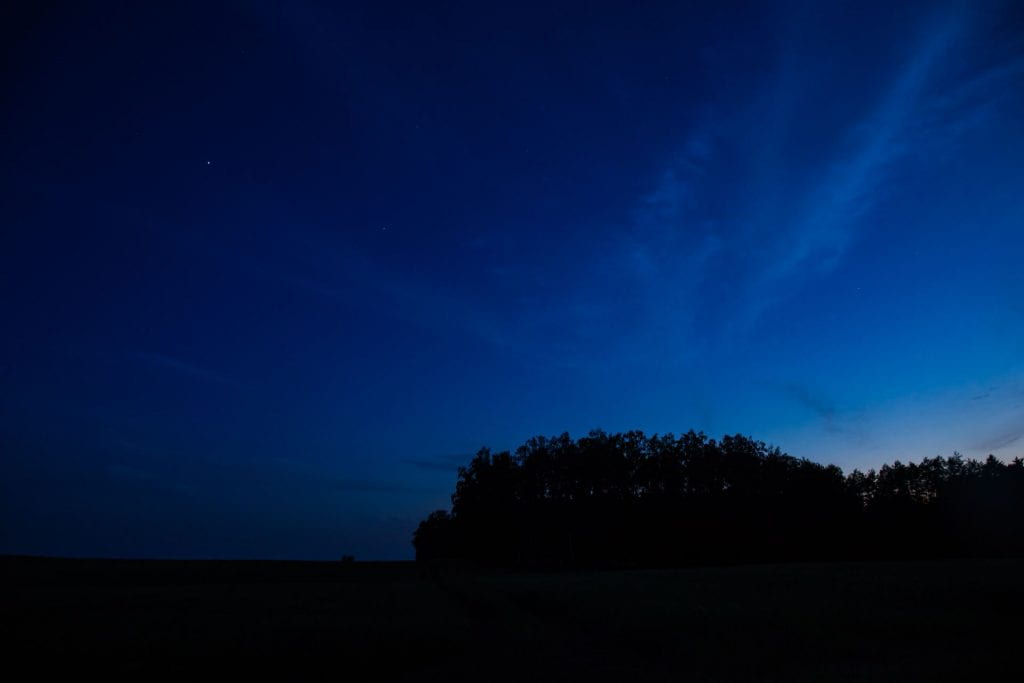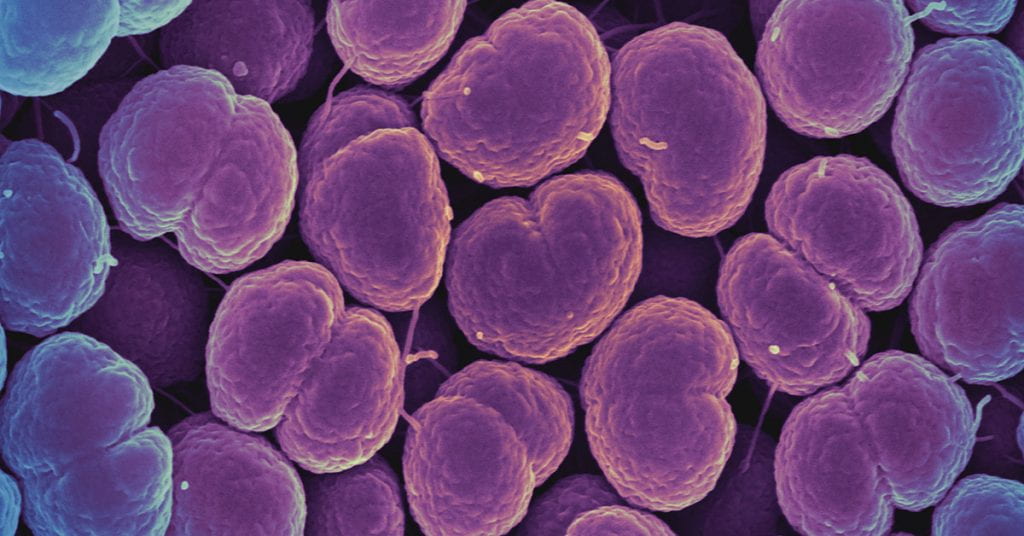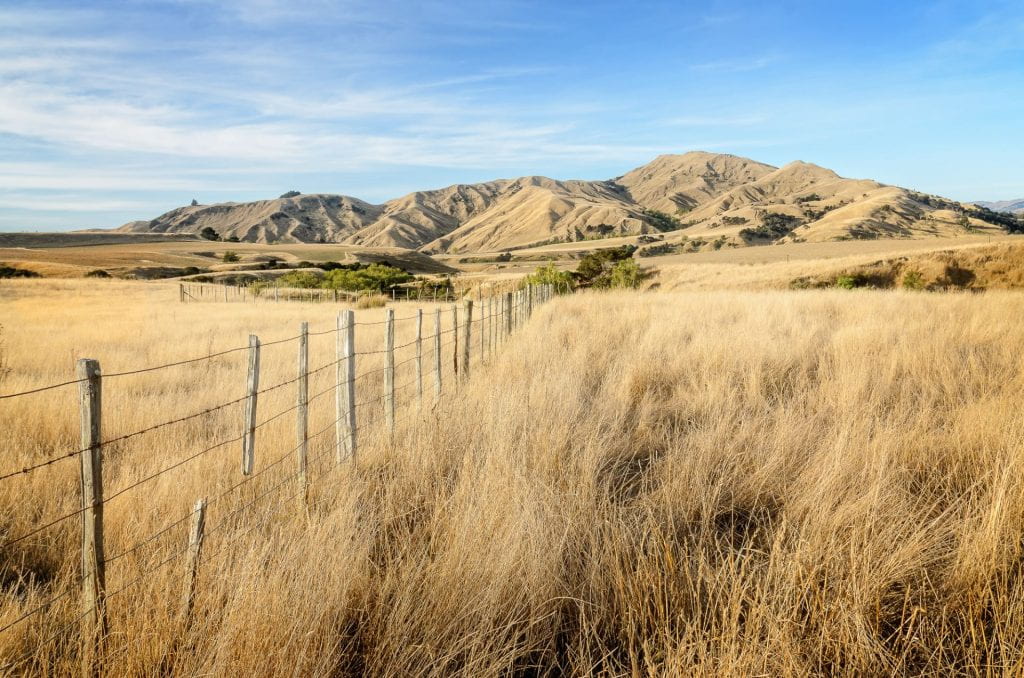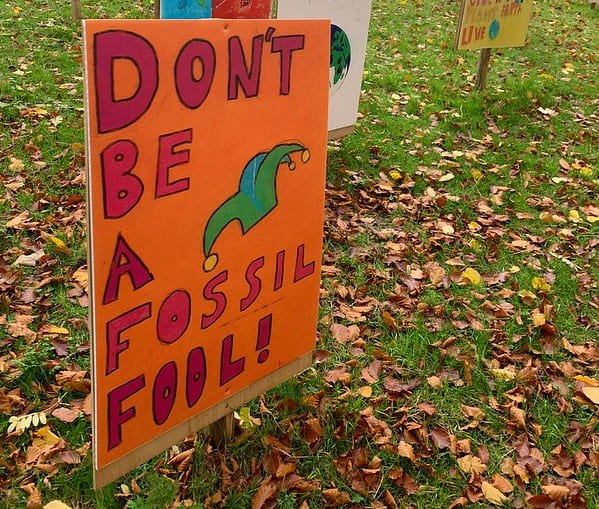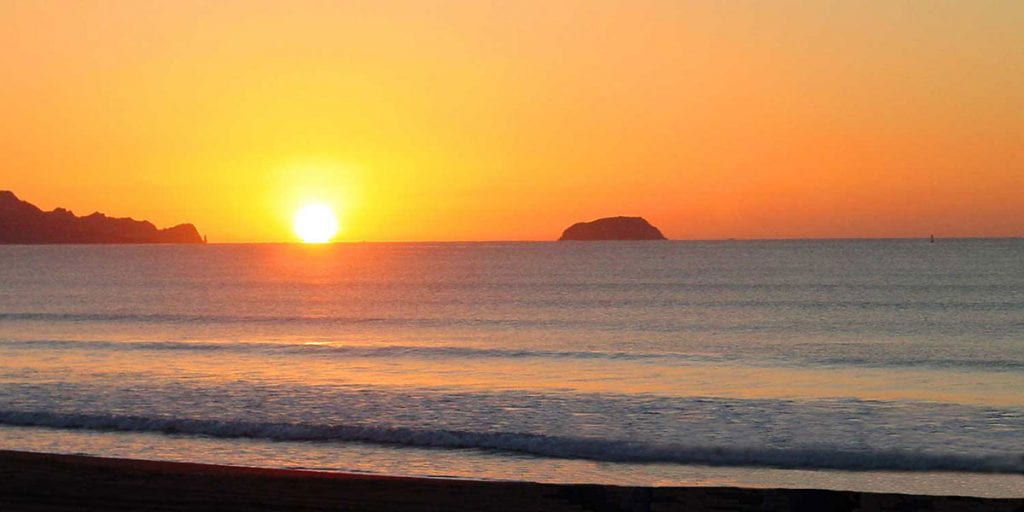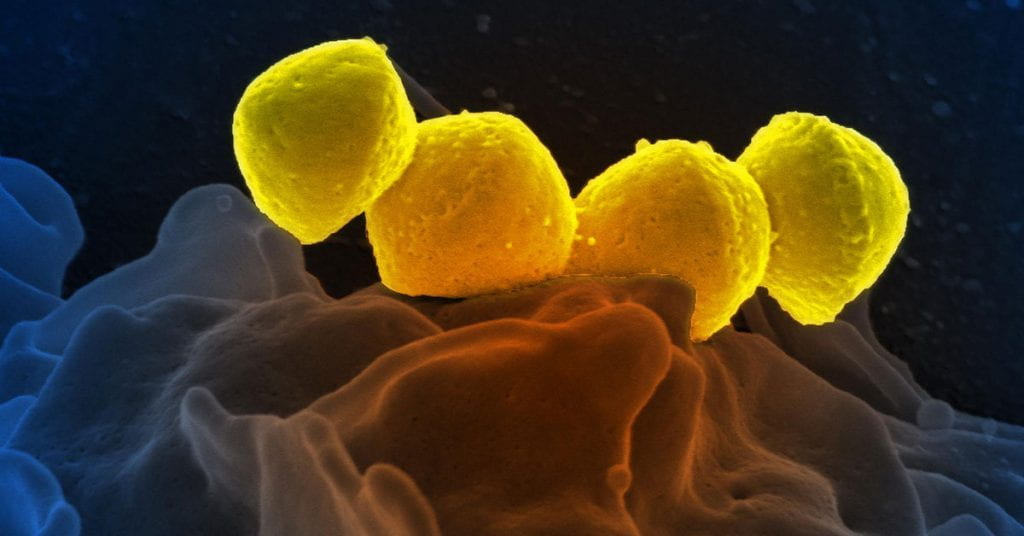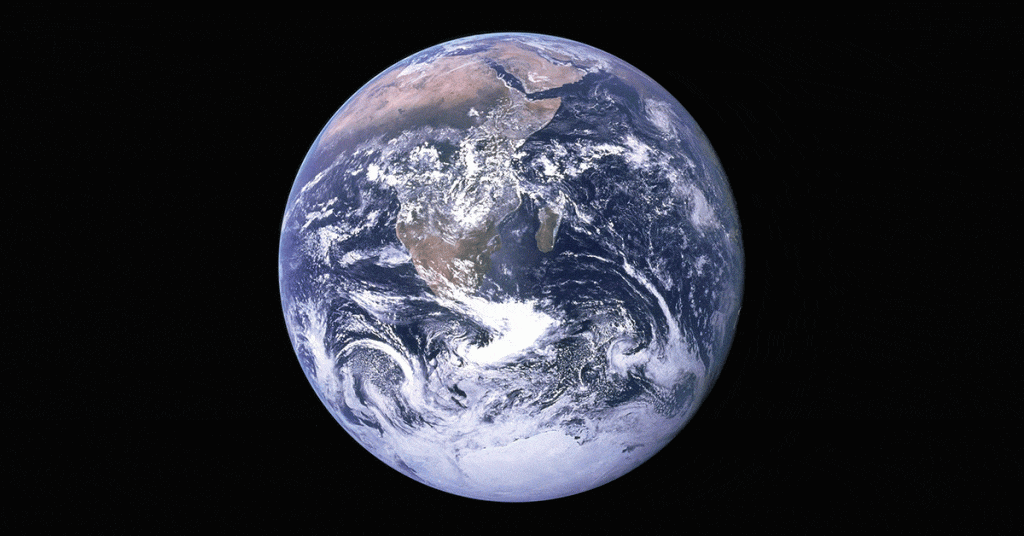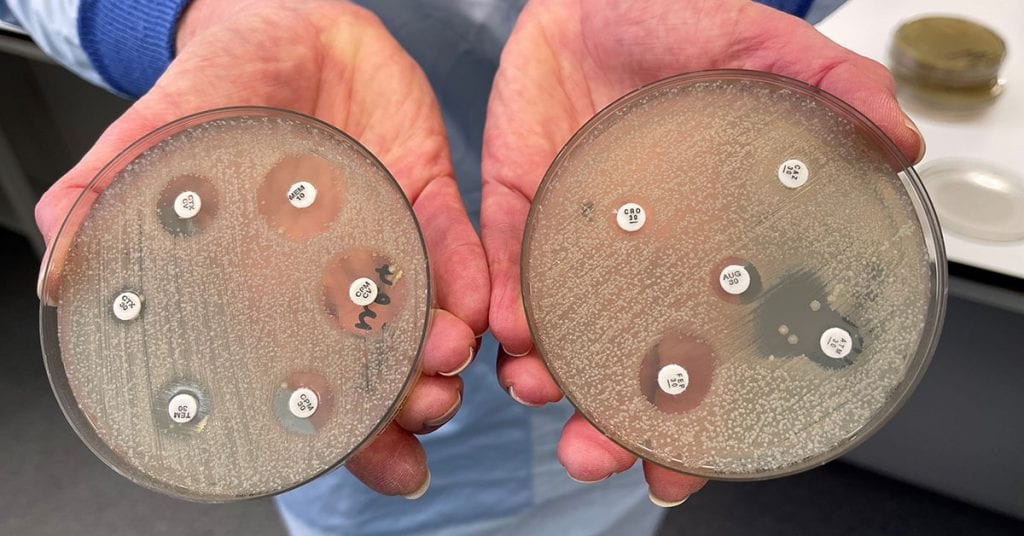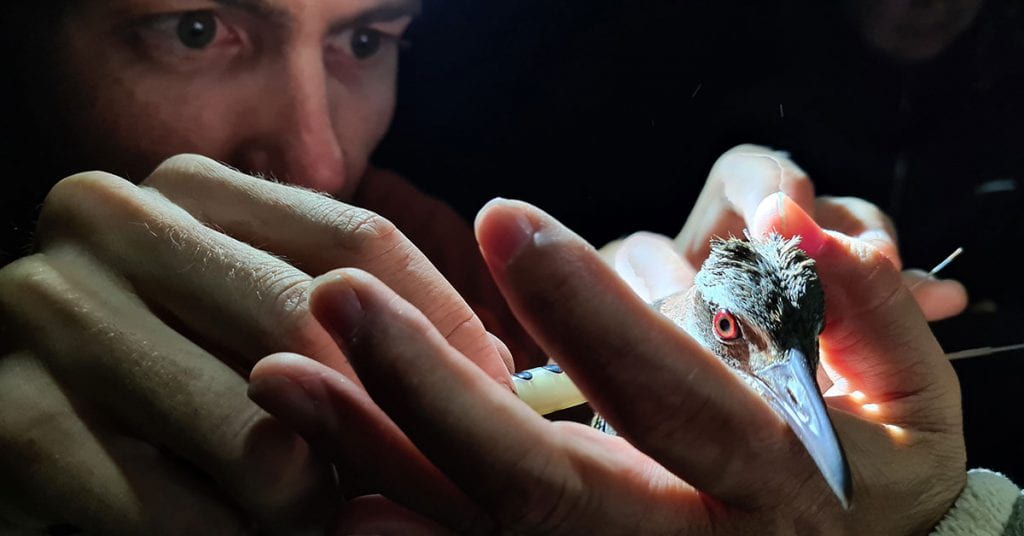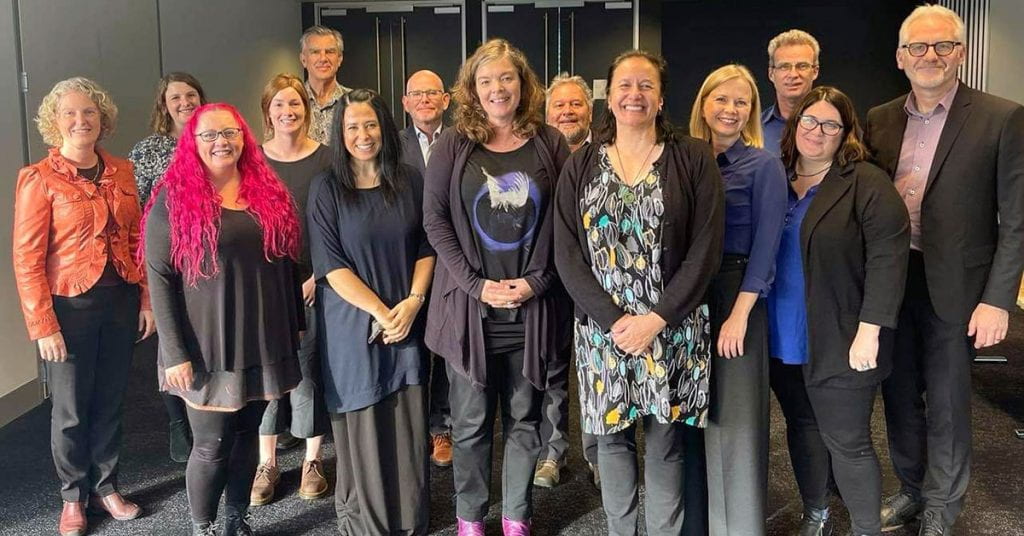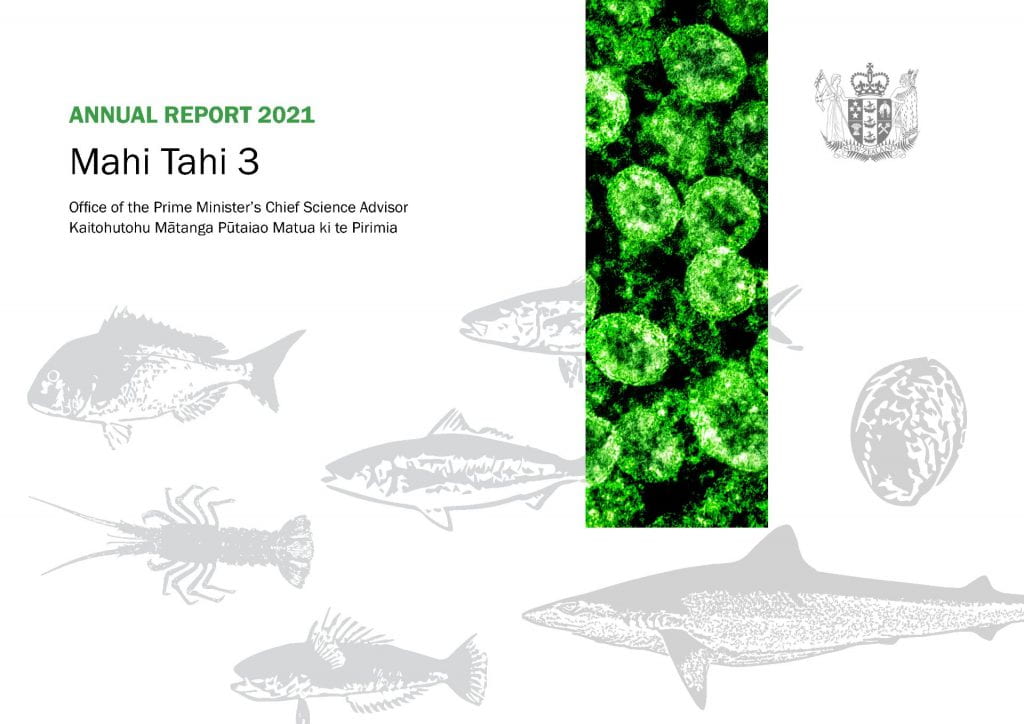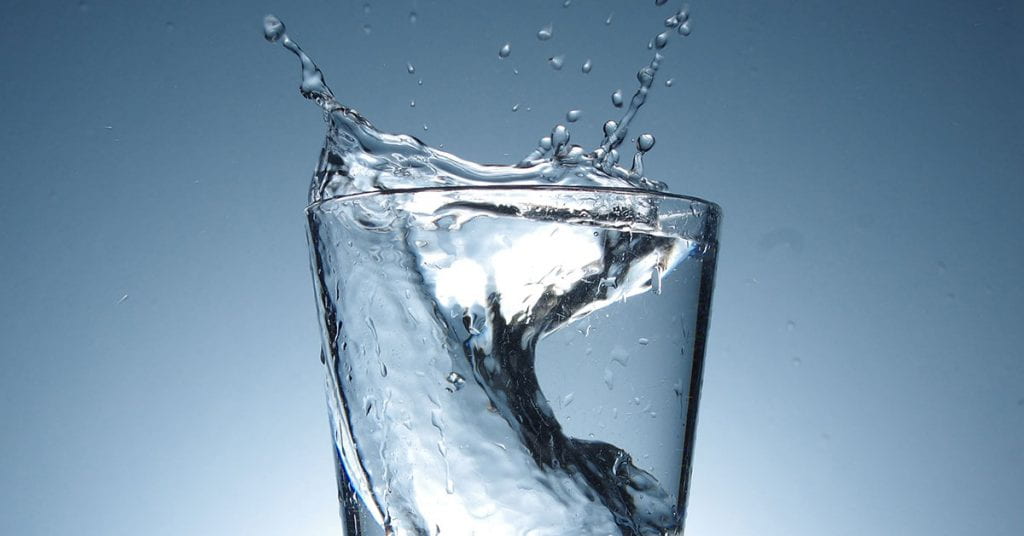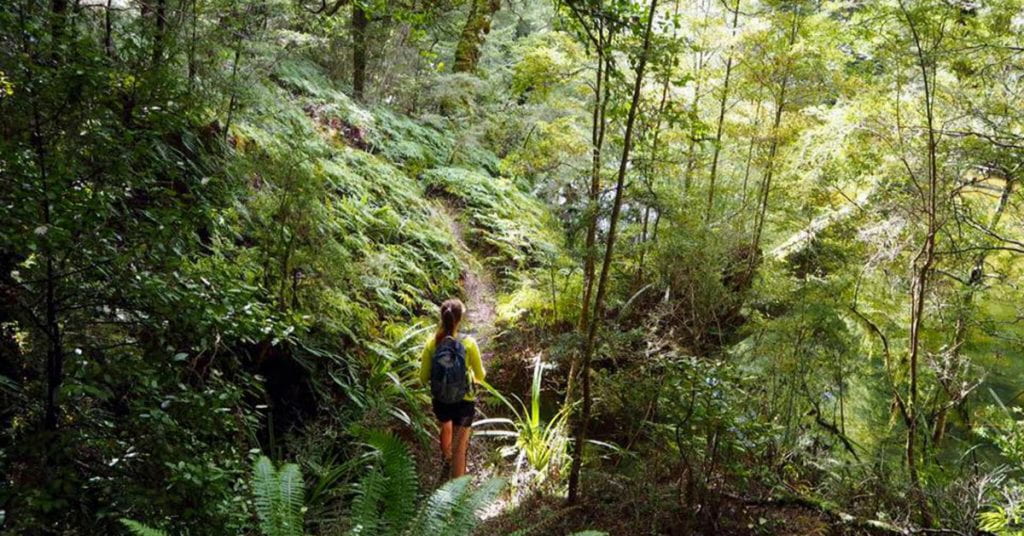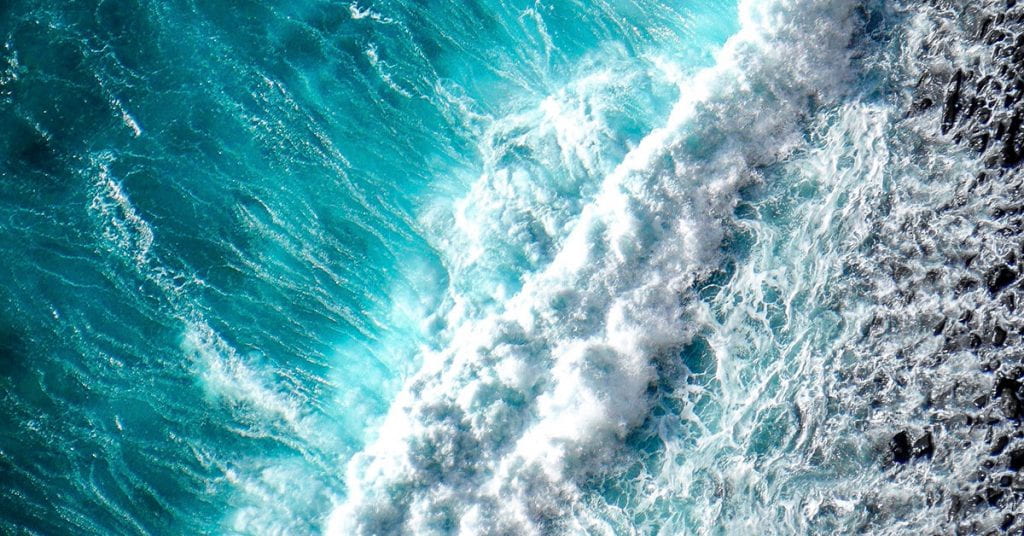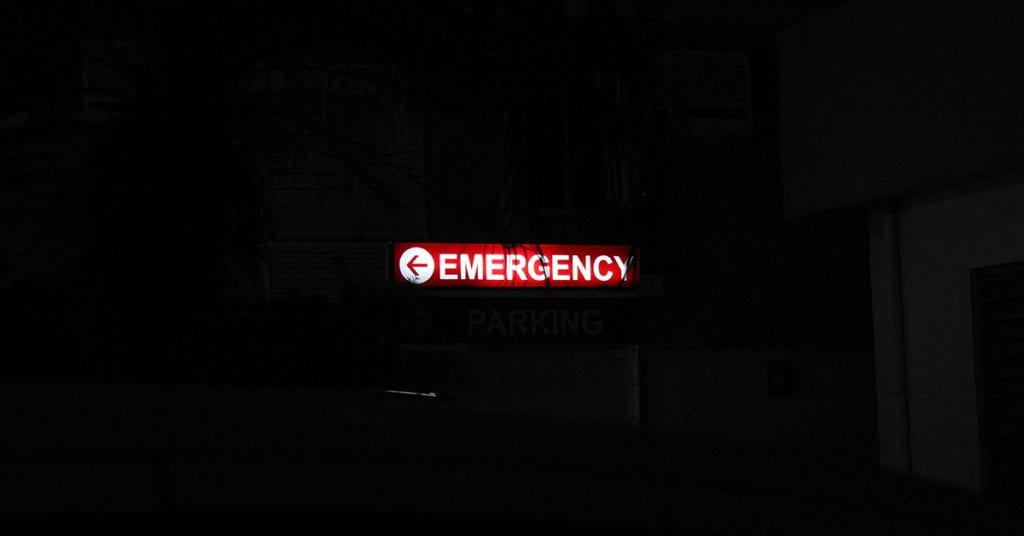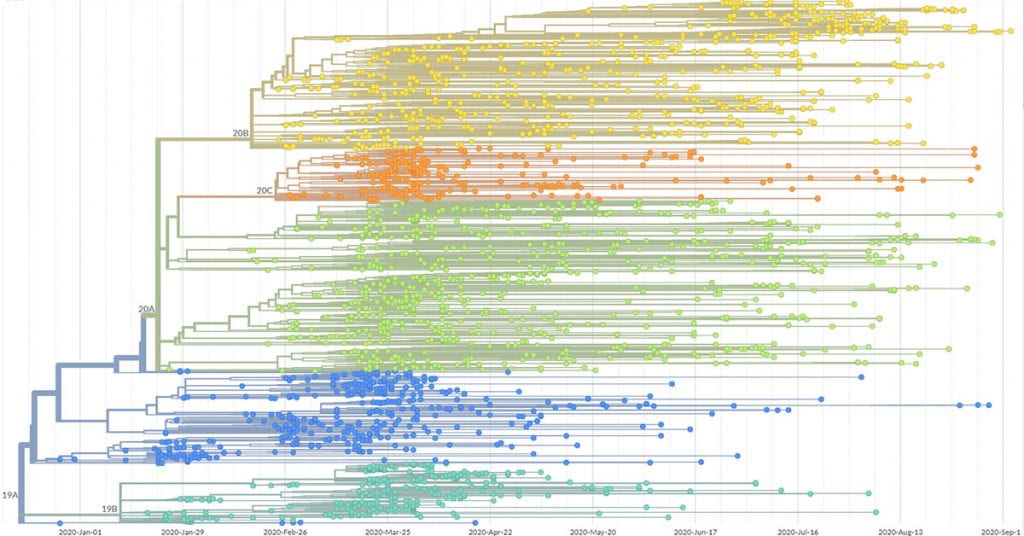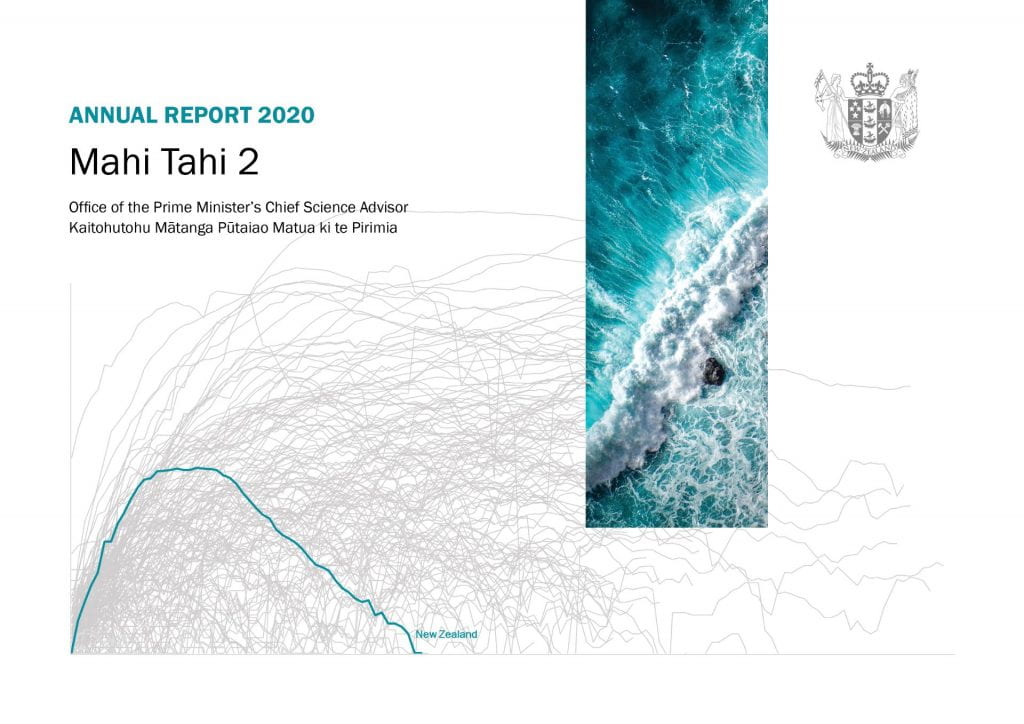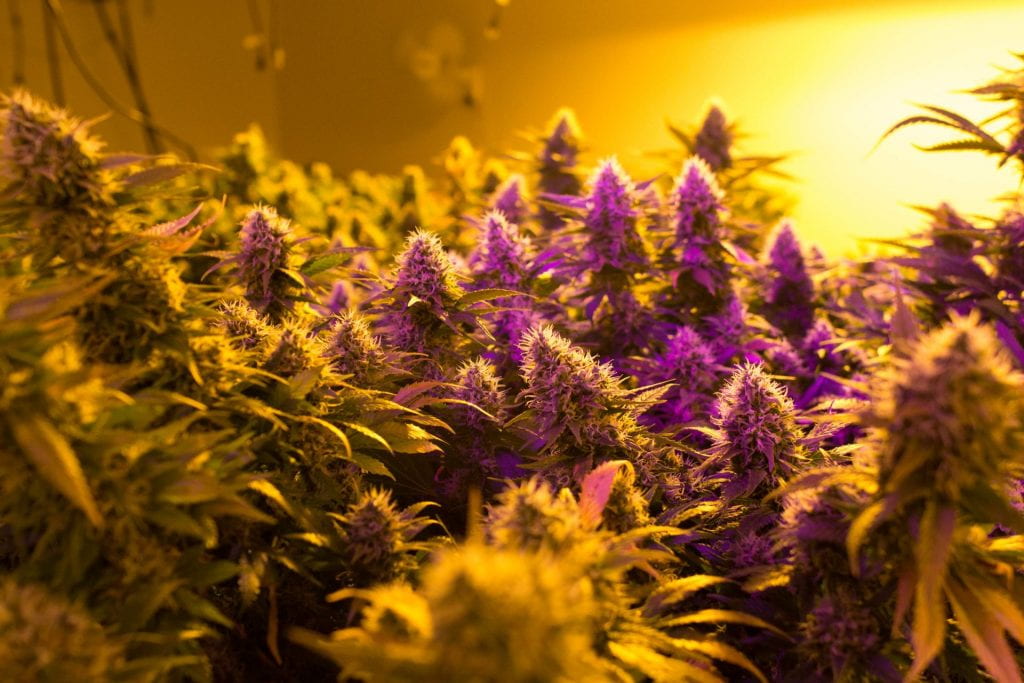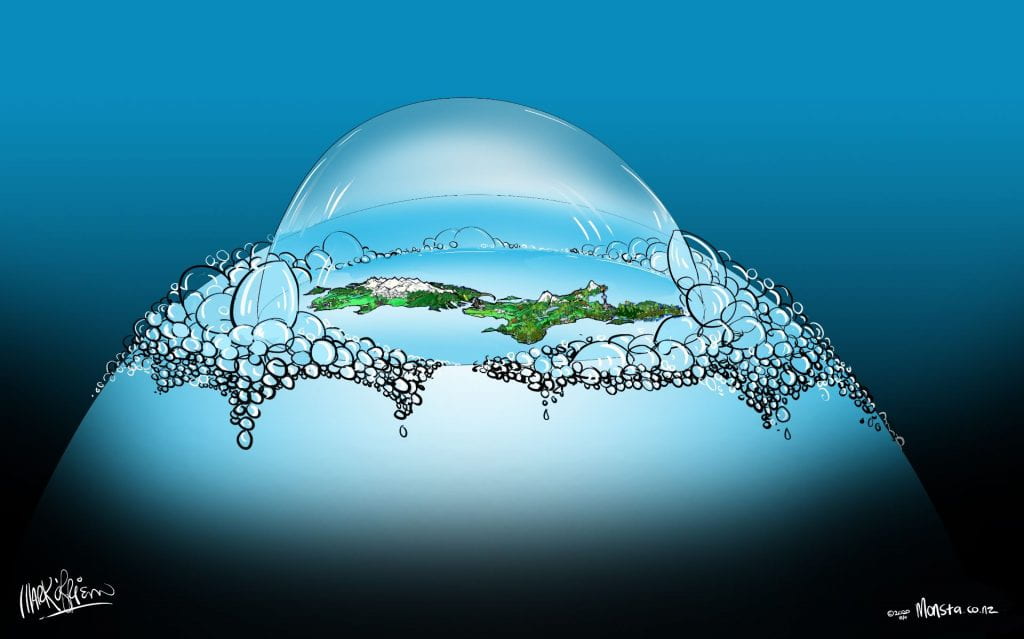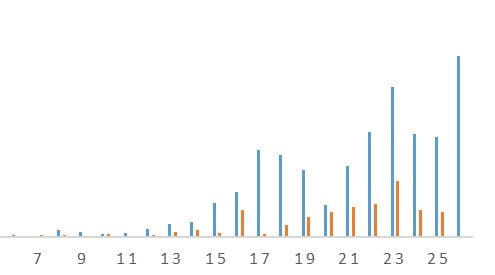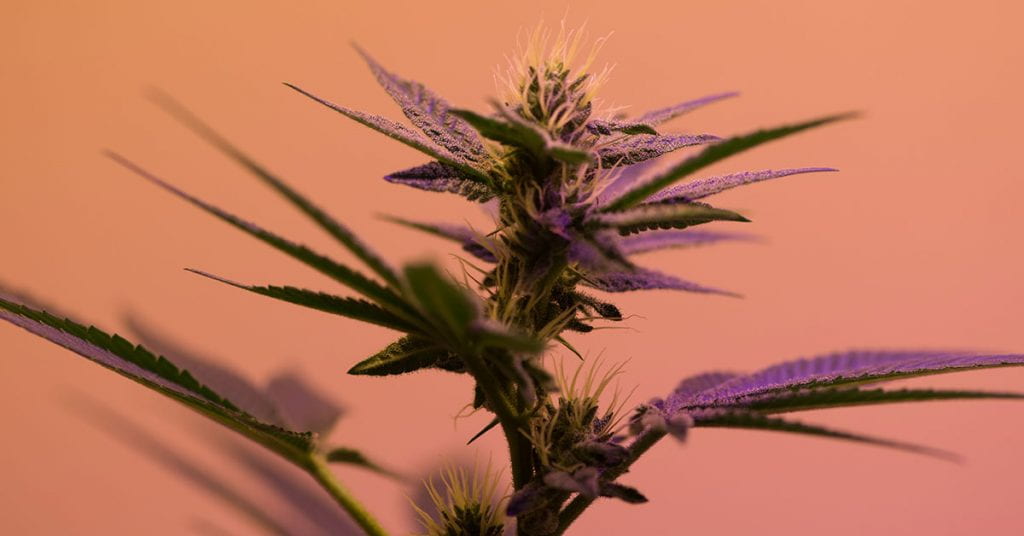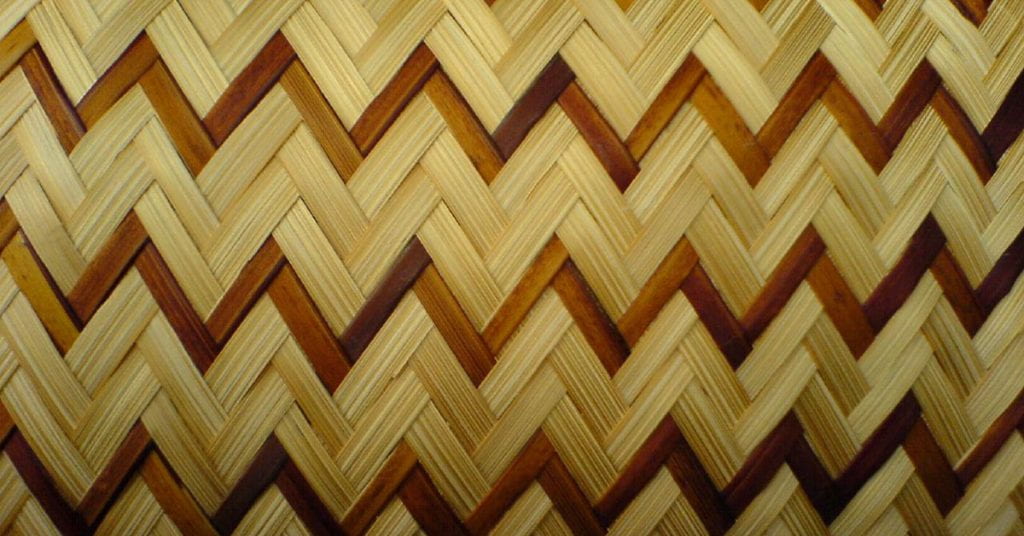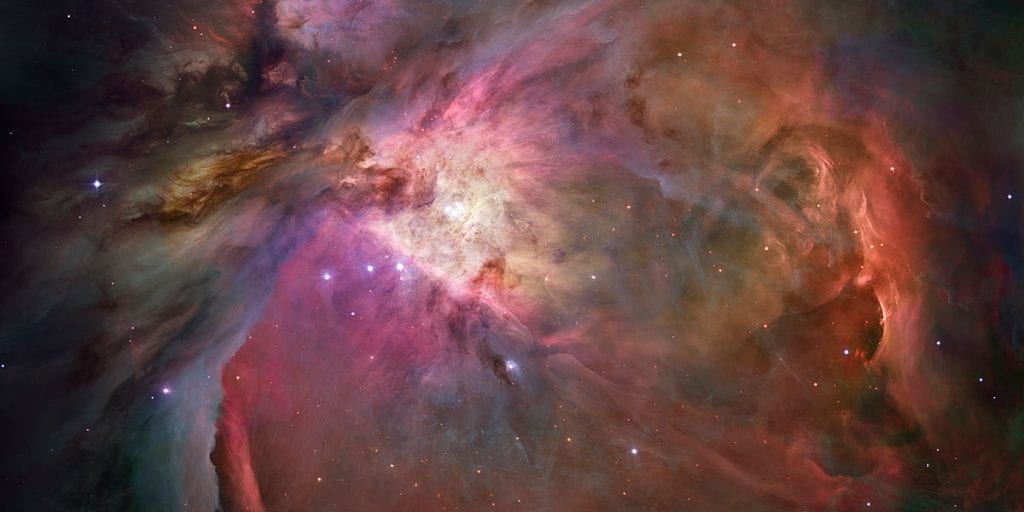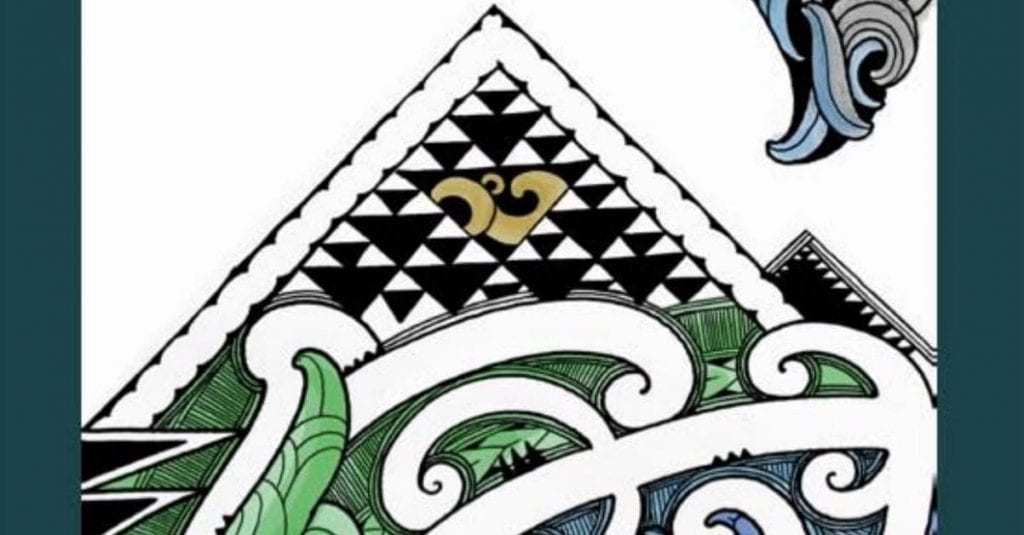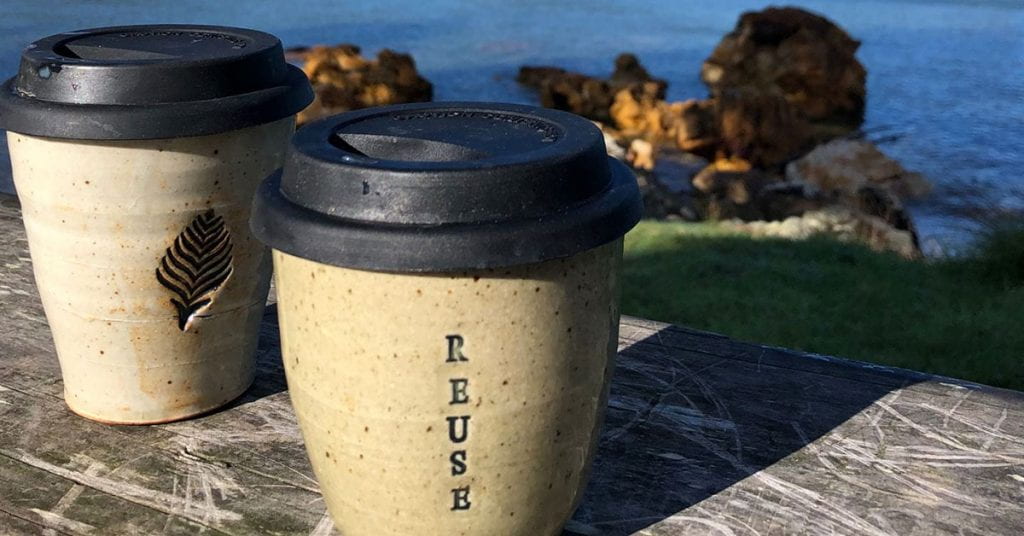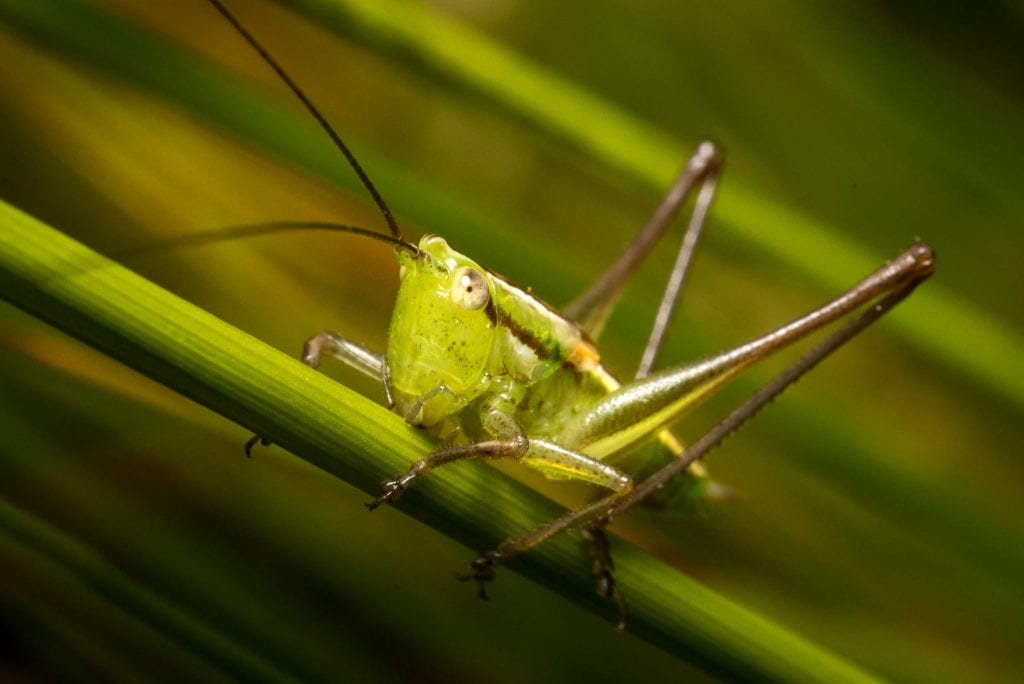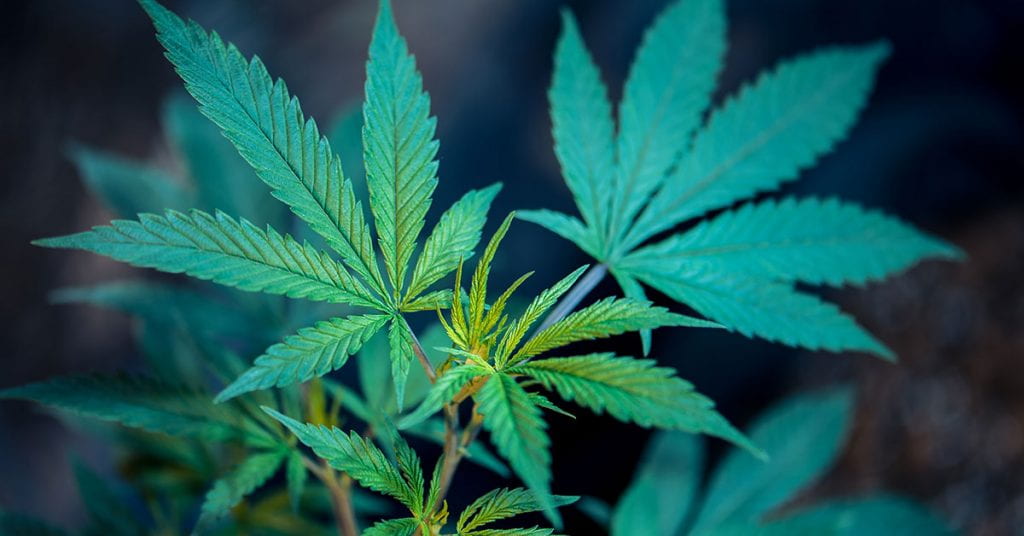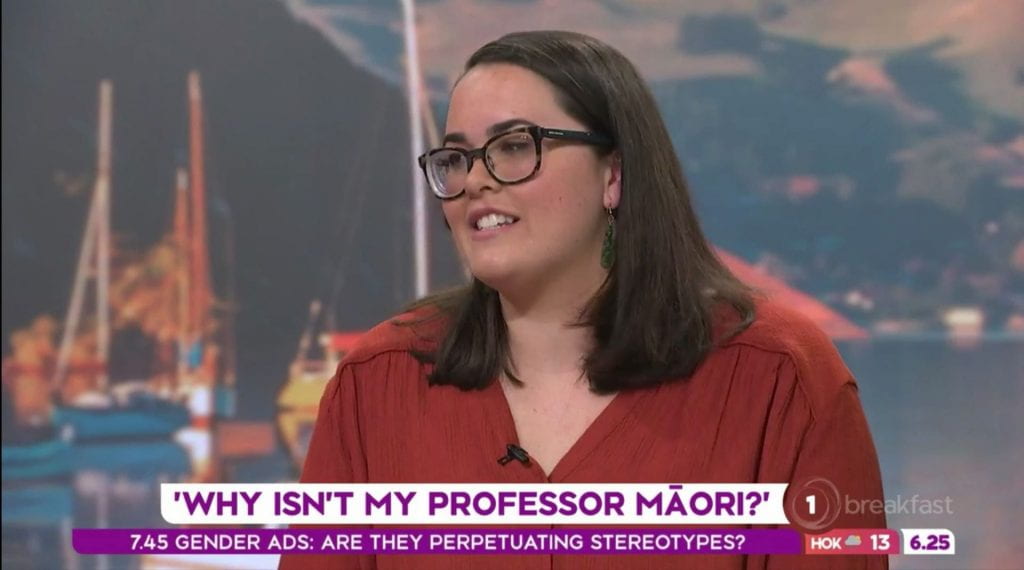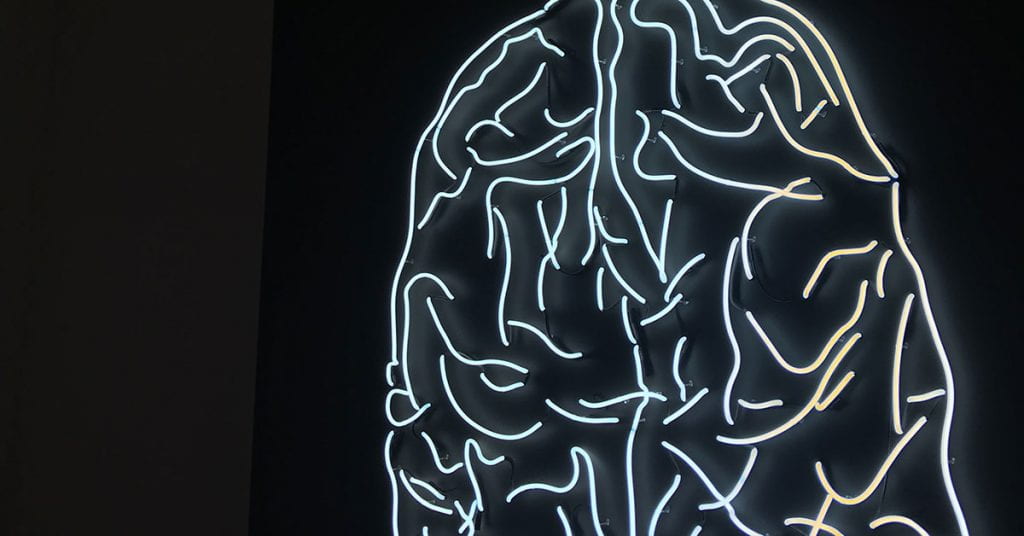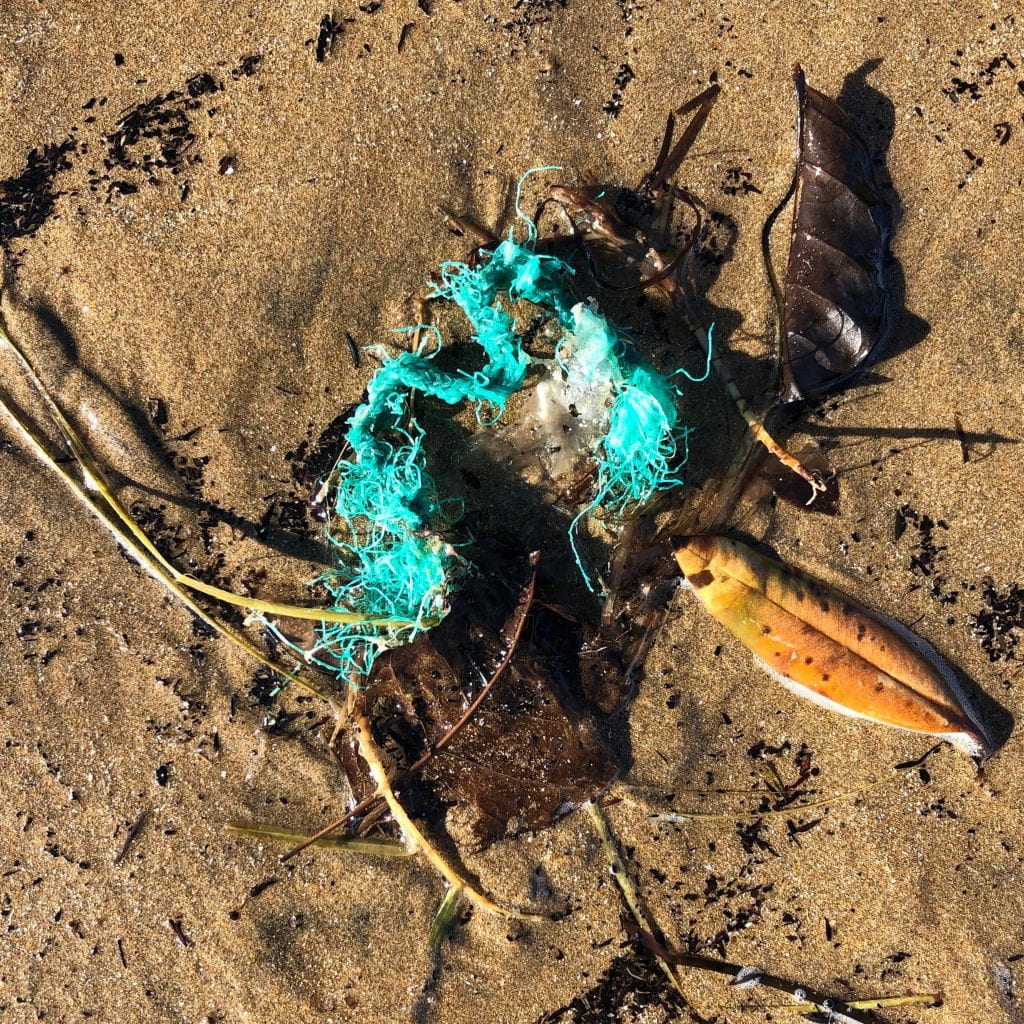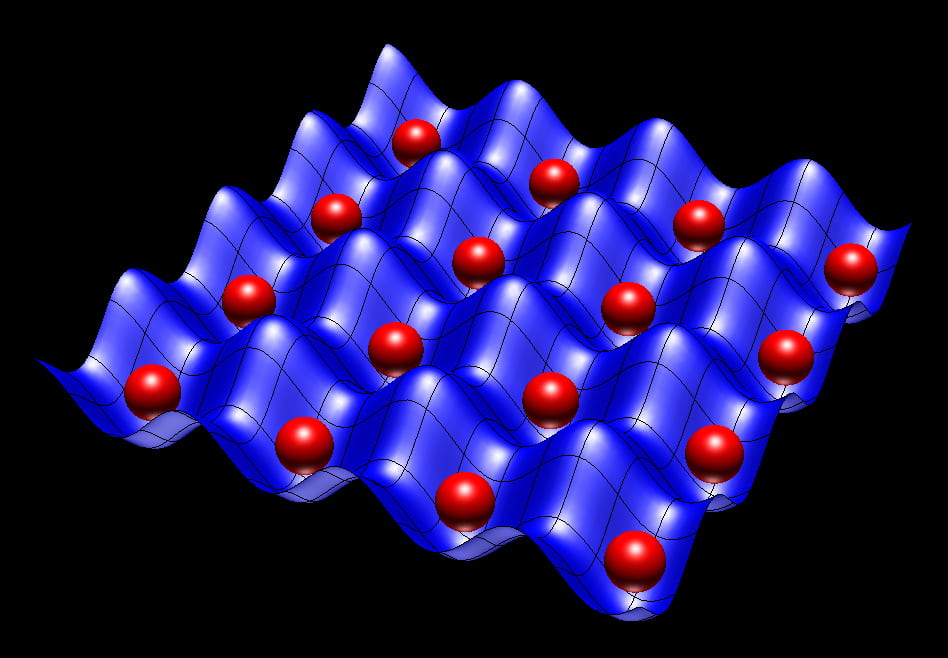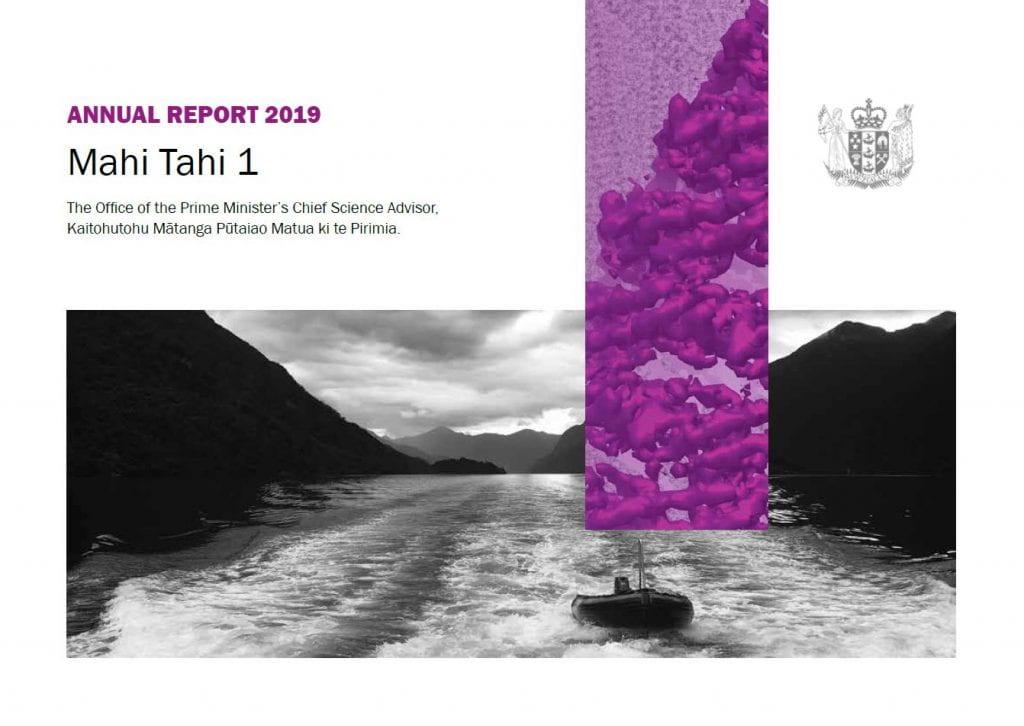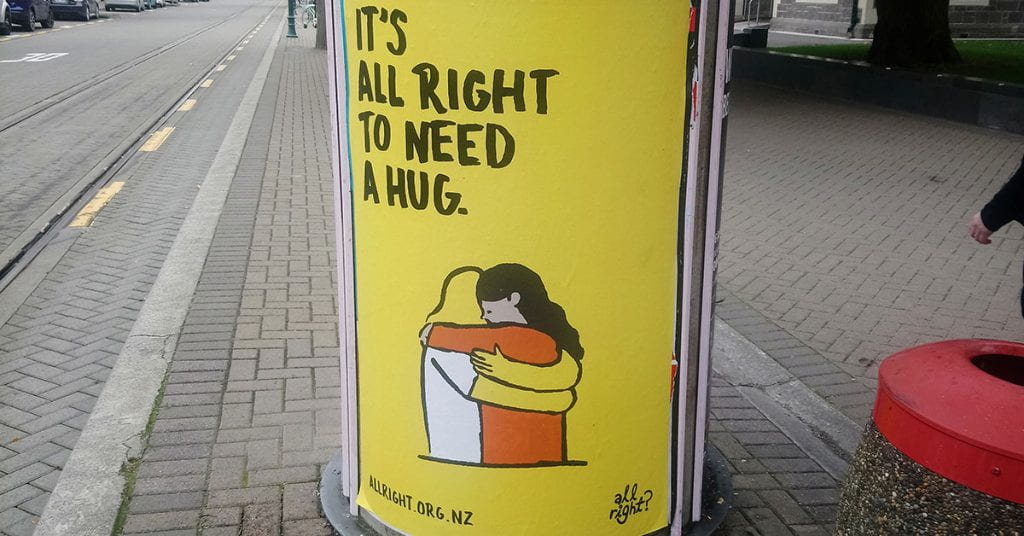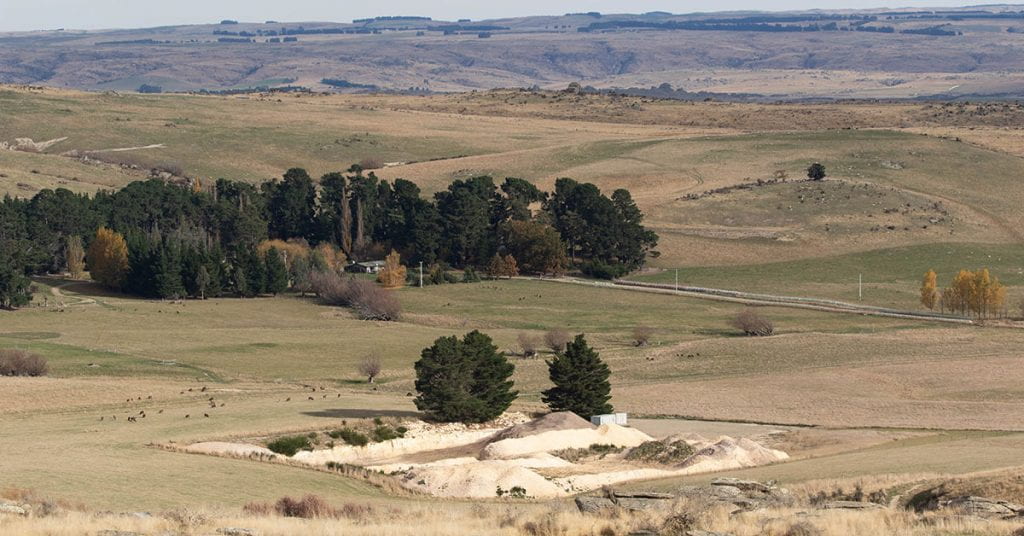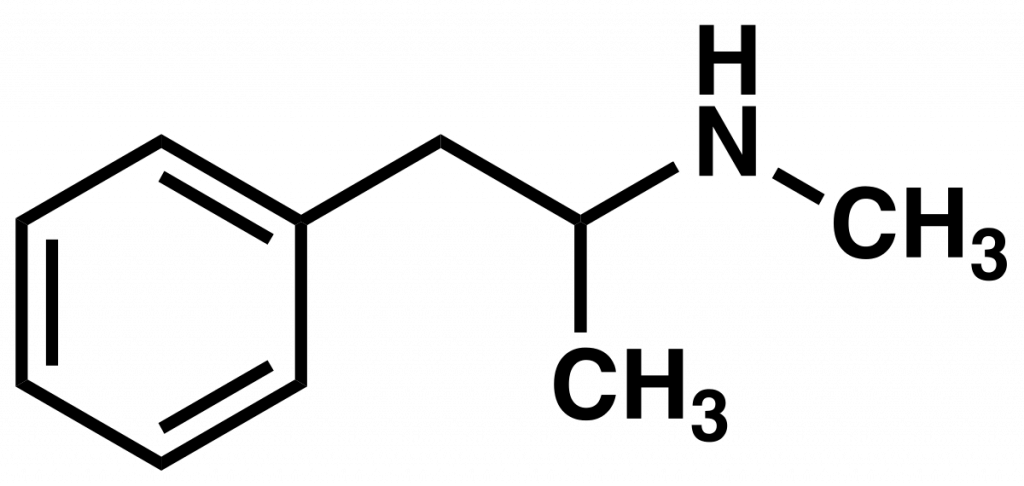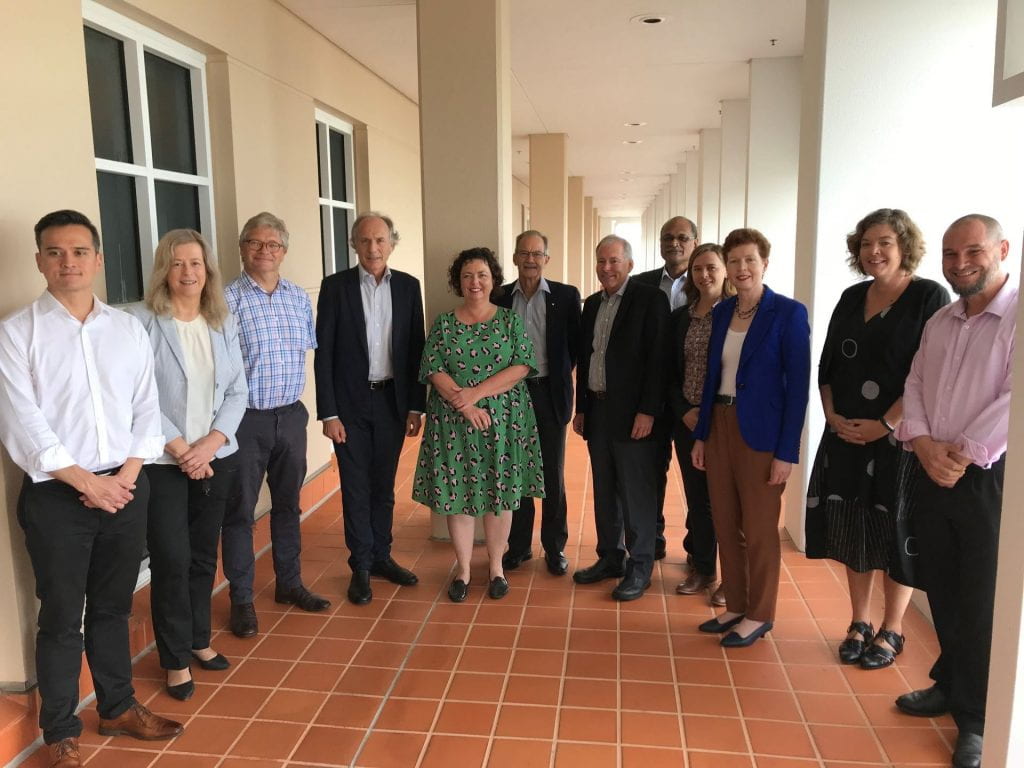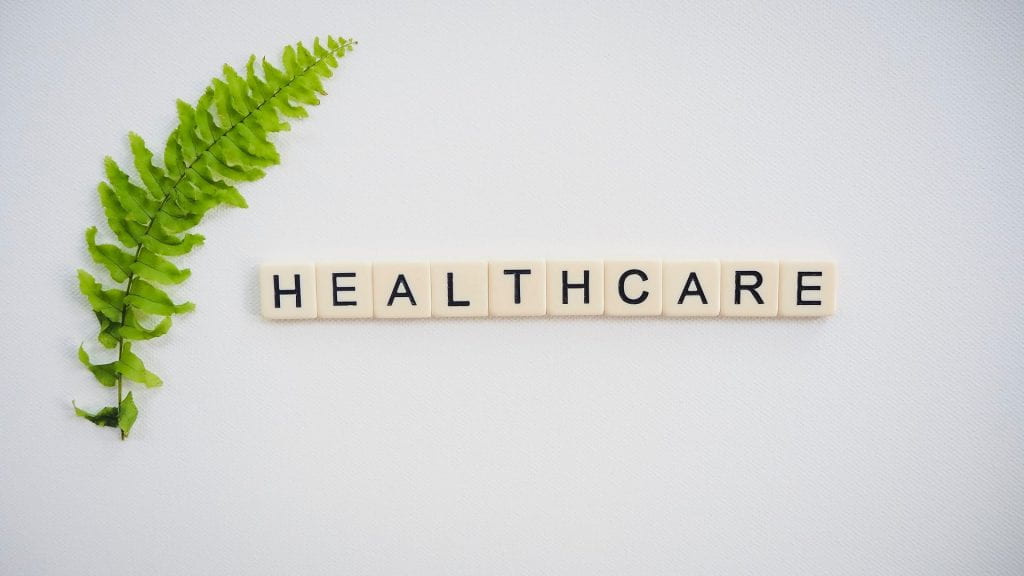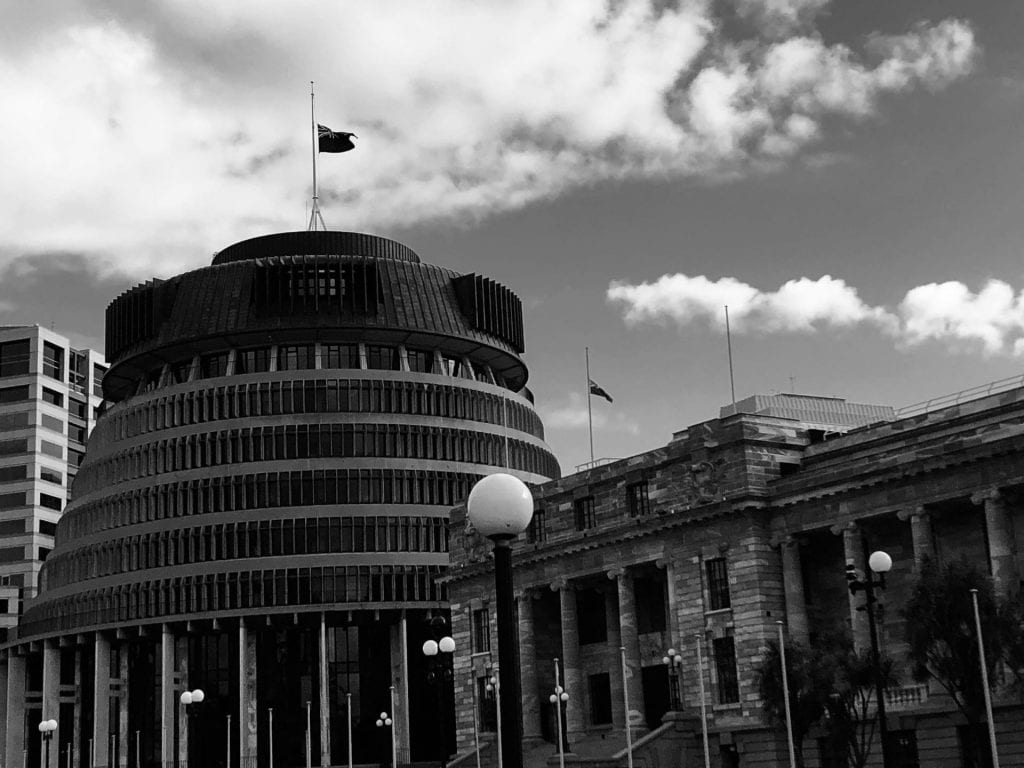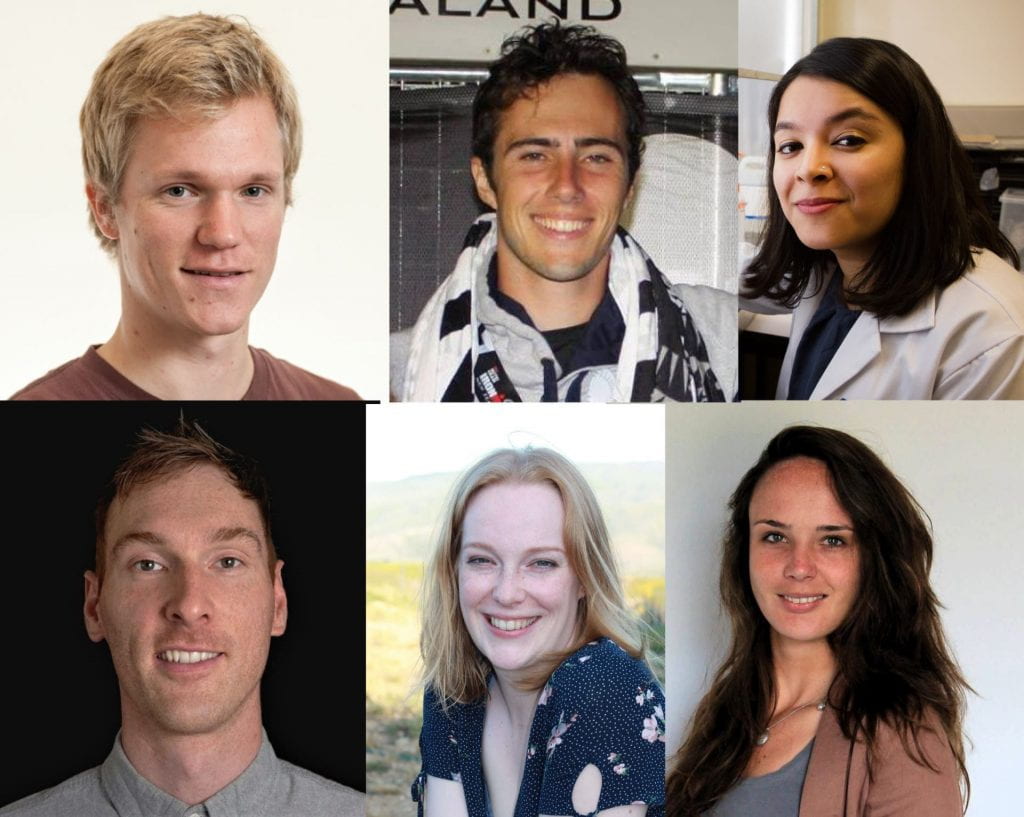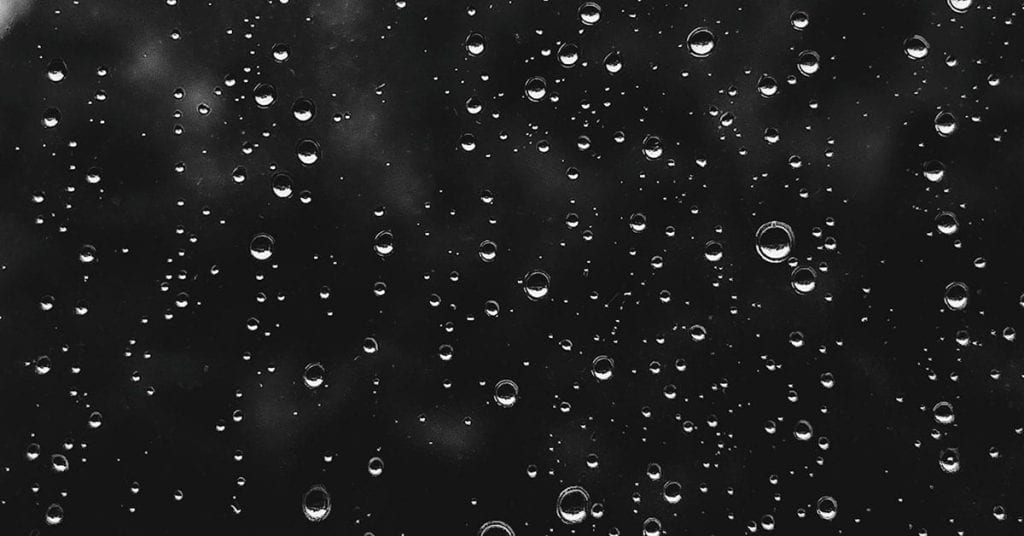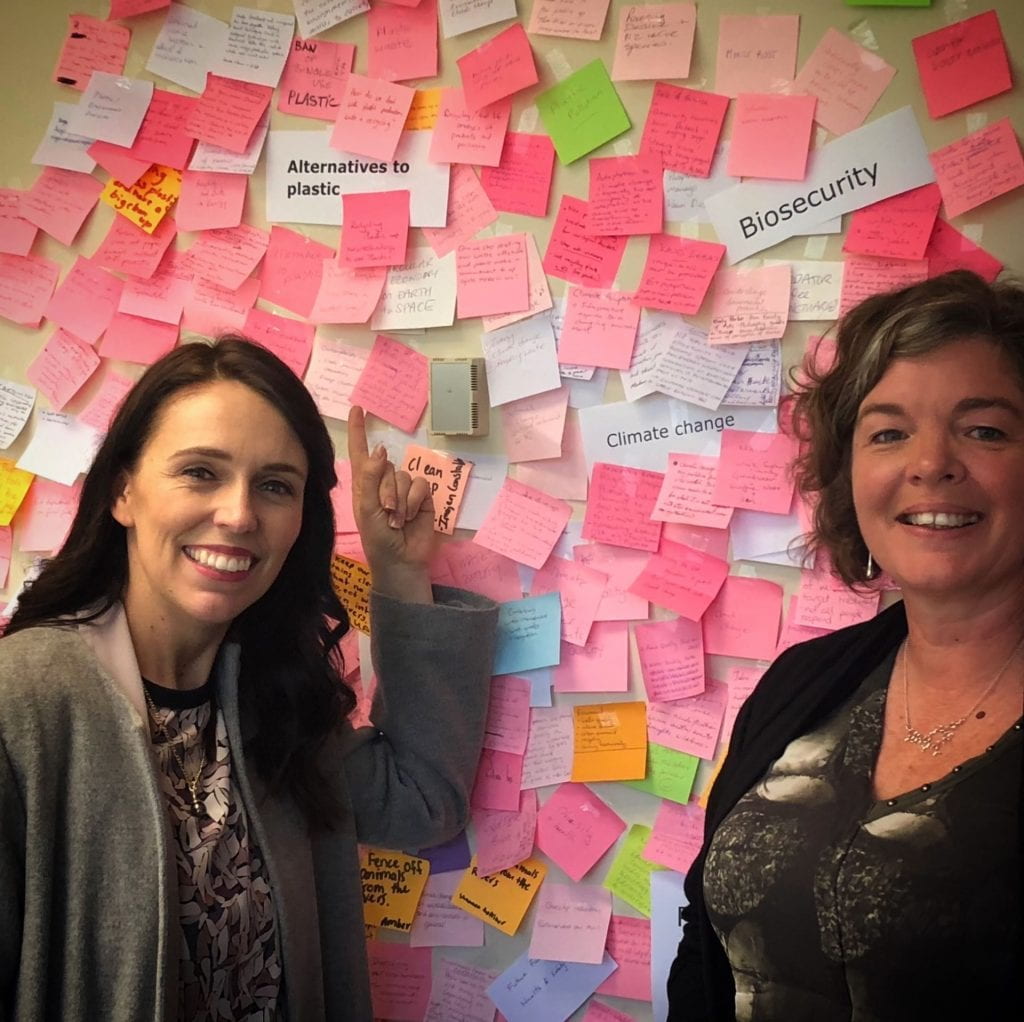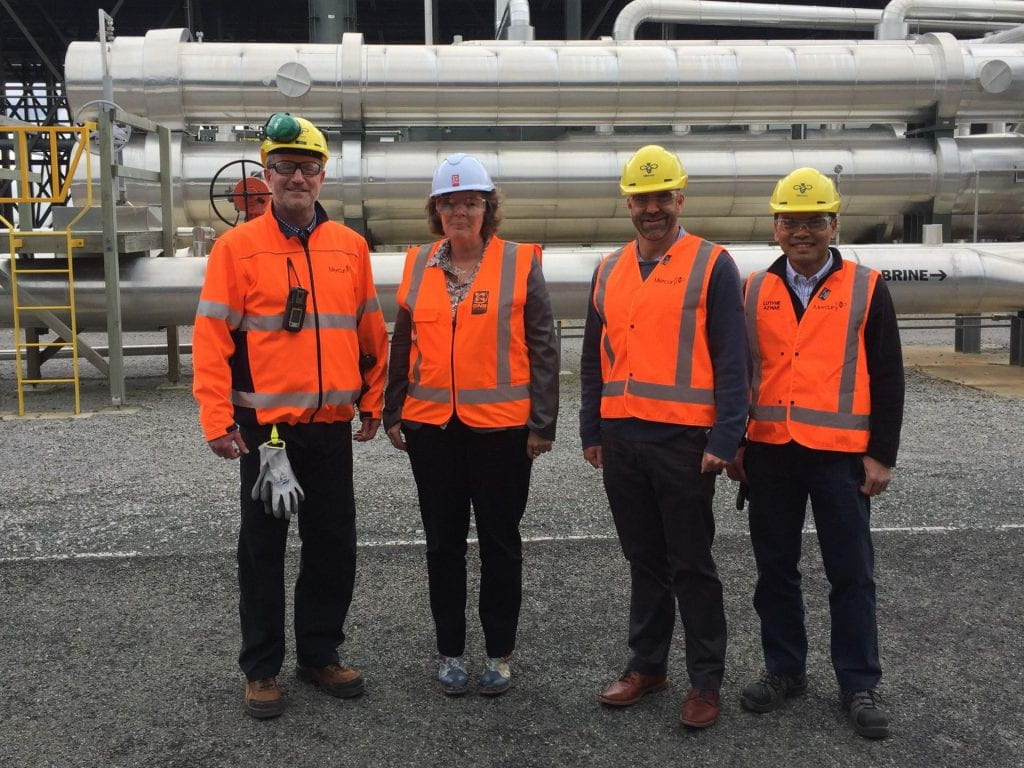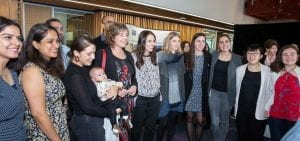Updates from the Office
2018-2024
Activities and projects of Juliet and the OPMCSA.
Releasing our reports on food loss and waste
Today we release our final report in the Food Loss and Waste (FLW) series at an event with Min Simmonds hosted by New Zealand Food Waste Champions. An astonishing 40% of food produced globally is wasted each year. In our last major project, we have been exploring...
Catch On! An intern podcast about our oceans
In 2020, the Office released a report that explored the future of commercial fisheries in Aotearoa New Zealand. The report focused on how New Zealand’s relationship with the ocean can be improved. Packed within its pages were case studies of innovation. To...
Mahi Tahi 6
Our last annual report, Mahi Tahi 6, is now available. We reflect on our last year, and the ponder the difference we have made over the last six years. Download Mahi Tahi 6 here You can read Juliet's foreword below: Tēnā koutou katoa, ngā mihi o te wā ki a tātou....
AI in healthcare workshop and symposium
Last month, our office, with support from the Ministry of Health organised a one-day workshop and a symposium about the use of AI in our healthcare system.Chief Science Advisor for the Ministry of Health, Professor Ian Town, recently hosted two events to socialise...
COVID-19 as a case study in our polluted information landscape
Juliet joined Professor Julia M Wright to discuss the information landscape in Aotearoa during COVID-19. She reflected on the role of science communication during different phases of the pandemic, and how tools discussed in a recent report from the OPMCSA, He Uru...
Navigating the complexities of pollution from the space industry
Measuring pollution produced by the space sector can be quite complicated and it seems there's more to it than just space debris. OPMCSA fellow Priyanka Dhopade and analyst Carolle Varughese reflect on caring for the final frontier. The space sector Historically,...
Our latest intern report
One of the pleasures of working in the Office of the Prime Minister’s Chief Science Advisor is getting involved with the interns on their projects. The projects provide opportunities for the interns to apply their knowledge in a policy area, build their skills and...
Announcing a series of workshops: Connecting Researchers and Policymakers
In September, we are piloting informal workshops to connect researchers and policymakers in both Te Whanganui-a-Tara Wellington (18 September) and Ōtautahi Christchurch (27 September). We invite you to be part of these workshops. Read More
Mahi Tahi 5: Annual report 2023
Our fifth annual report, Mahi Tahi 5, is now at the printers. If you would like a hard copy, please get in touch. Download Mahi Tahi 5 here You can read Juliet's foreword below: Tēnā koutou katoa, ngā mihi o te wā ki a tātou. Ahakoa ngā ārai, ahakoa ngā aupiki me...
Gene editing: Time to have your say
In a December 2022 blog post, I reflected on the pathway from science advice to implementation of science-based recommendations that arise from commissioned reports from our office. Not all our advice is commissioned – sometimes the science community proactively...
Why is regulating AI such a challenge?
AI (artificial intelligence) regulation is a hot topic internationally. Leaders of some of the big players in the AI world are signing open letters and talking to politicians and journalists about the need to regulate AI to prevent serious harms. In this blog, we...
Out and about: OPMCSA international travel
After several years of interacting with the international community remotely, it has been great to be able to connect in person again. This year the (fully vaccinated!) team have been making the most of the opportunity to travel and learn from colleagues in other...
What to do with your household food waste?
The government's launch of Te rautaki para - Waste strategy today sheds light on the importance of how we create and manage waste in Aotearoa New Zealand, and sets out a pathway for changing unsustainable practices where valuable resources are wasted in enormous...
It’s raining, it’s pouring
Flooding events across the North Island have resulted in fatalities, uninhabitable homes, and vital infrastructure in need of repair. OPMCSA analyst Dr Emma Brown reflects on the situation.
Does science advice make any difference, and how does it get implemented?
Now well into her second term as PMCSA, Juliet reflects on the policy impact of science advice across a range of projects and contexts.
Our second food waste report: Food rescue
Food rescue organisations in Aotearoa captured over 11,500 tonnes of food at risk of going to waste last year, distributing it to people in the community, including those experiencing food insecurity. Our second food waste report, which we are releasing today, explores the food rescue sector’s role as part of the solution to food waste.
Mahi Tahi 4 – Our fourth annual report
After another busy year as Kaitohutohu Mātanga Pūtaiao Matua ki te Pirimia, Juliet looks back on the past year of science advice, evidence, communication and conversation.
What’s the deal with nitrates in our drinking-water?
Our office has spent the last few months looking at the evidence around nitrates in our drinking-water, including whether there are any likely health impacts.
The Future is Open: Intern report on Open Access publishing in Aotearoa
Making academic research free to read is good for everyone, from researchers, innovators and policymakers to the New Zealand public – and it’s the right thing to do.
Introducing our first food waste report
Food ending up in the bin is just the tip of the iceberg when it comes to food waste. That’s one of the key messages from our first report in the food waste series, Food waste: A global and local problem, which we are releasing today.
Aotearoa’s first mātauranga-based holiday
This week New Zealanders across the motu will enjoy a long weekend, the nation’s first ever Matariki holiday. Senior analyst Emily McCarthy met with astrophysicist, Māori astronomy expert, and member of the Matariki Advisory Committee Dr Pauline Harris to find out more.
No food left behind: A day out with KiwiHarvest
As part of our work on food rescue and food waste, research analyst and writer Colson Verdonk joined a KiwiHarvest driver on their daily food rescue rounds. Read his reflection on the day here.
Combatting food waste
Our next major project is on food rescue, food loss and food waste. We’re kicking off our project to understand the nature and extent of this problem in Aotearoa New Zealand and explore evidence-based solutions to reduce food waste across the food supply chain.
Daylight saving: It’s complicated
With New Zealanders preparing to turn their clocks back as daylight saving ends this Sunday, senior analyst Emily McCarthy has been pondering the history and science behind this tradition.
It’s time for Aotearoa to unite against infectious disease and antimicrobial resistance
The Kotahitanga report on infectious disease and antimicrobial resistance is out! Read Juliet's reflection on the project here.
Why is it so hot?
Don’t worry, it’s not just you. With global temperatures up 1.1°C compared to pre-industrial levels, it’s getting noticeably warmer throughout the world. Aotearoa New Zealand is no exception.
Reflecting on Glasgow: A COP half full
With 2022 well underway, senior analyst Emily McCarthy reflects on COP26 and the year ahead in climate action in Aotearoa New Zealand and globally.
A busy year with our interns and fellows
Amidst the noise and haste of supporting the COVID response and delivering our infectious disease and AMR project (more on this in the New Year), we have had a busy and exciting year behind the scenes with our interns and fellows – 13 projects across the year.
Rheumatic fever evidence review released
Our office has produced an evidence synthesis on rheumatic fever in Aotearoa New Zealand as part of our major project on infectious diseases and antimicrobial resistance.
Chief Science Advisors release statement ahead of COP26
In anticipation of COP26, chief science advisors from around the world lay out a vision for limiting global warming to below two degrees, writes senior advisor George Slim.
Out and about on the AMR beat
We’ve been making the most of a COVID-free South Island, getting out and about as part of our project on antimicrobial resistance and infectious disease.
Mangrove management in Aotearoa New Zealand: A bird’s eye view
Watch intern Jacques de Satgé present on his internship project investigating mangrove management in Aotearoa New Zealand.
An update on our infectious diseases and antimicrobial resistance project
We are now well into our project and the team and panel are working hard to collate the vast range of evidence about AMR in Aotearoa New Zealand, within the broader context of infectious diseases.
Mahi Tahi 3 – Our third annual report is ready to download
Beginning a second term as Kaitohutohu Mātanga Pūtaiao Matua ki te Pirimia, Juliet looks back on the past year of science advice, evidence, communication and conversation.
Fluoride in our drinking water: An update on the evidence
Our office has examined new evidence on water fluoridation published since the Royal Society Te Apārangi report in 2014. Here’s what we found.
Codifying the relationship between nature and people
Dr Anne-Gaelle Ausseil and Dr Alison Collins summarise their project into the relationship between nature, people and well-being.
Introducing our next major project
We are now ramping up work on our big project for 2021, titled 'Kotahitanga: Uniting Aotearoa against infectious diseases and antimicrobial resistance'.
Science advice on commercial fisheries: It’s dark down there
The OPMCSA's new report provides advice to government on how science and innovation can improve the sustainability of commercial fisheries. Juliet reflects on our deep dive into the world of commercial fishing.
Haere mai to our new fellows and intern
We’ve had an ‘on-again-off-again’ start to the year here in Tāmaki Makaurau Auckland, but that hasn’t stopped us kicking off an exciting new set of fellow and intern projects.
Reflection on science in emergencies
More than ever, we must listen to Aotearoa New Zealand's scientists, and ensure that our institutional structures allow them to speak.
Using genetic fingerprints in our COVID-19 response
We reflect on the role of genome sequencing in the most recent COVID-19 outbreak in Auckland as the EPA Chief Scientist Professor Michael Bunce publishes a rapid review on the topic.
Changes needed to address drop in literacy levels, says Chief Education Scientific Advisor
Interventions across primary and secondary education are needed to address declining literacy levels and persistent inequity, according to a report from the Chief Education Scientific Advisor Professor Stuart McNaughton.
Mahi Tahi 2 – Our second annual report is ready to download
Responding to emergencies, addressing public concerns and delivering detailed evidence syntheses – our work this year has spanned the full spectrum of science advice.
Our cannabis webpage is now live
This evidence summary won’t tell you how to vote – instead, it aims to support you to make your decision in the upcoming referendum on legalising recreational cannabis.
Bubbles, borders and risk: What does common sense look like in a global pandemic?
Juliet and Rachel reflect on the risks of reopening Aotearoa New Zealand's borders in the midst of the COVID-19 coronavirus pandemic.
COVID-19 data: Why we need to look behind the numbers
As the number of cases of COVID-19 skyrockets globally it’s tempting to dive into the wealth of data updated daily on the internet. But we need to be cautious about interpreting the data.
High time for an update on cannabis
Cannabis has been in the news this past week, with new figures showing that fewer of our young people are trying cannabis, continuing a trend that has been seen since 2001.
Accelerating Rangatahi Māori
Over the last year, the Chief Science Advisor Forum has been focused on building a bridge between the science advisory system and te ao Māori. This culminated last year in a hui on 11 December.
Something fishy’s going on in the Office
This month we are starting work on an exciting new project in the office looking at how science can contribute to keeping Aotearoa New Zealand at the leading edge of global fisheries management.
Space is for everybody
More than a few researchers we meet on our travels raise an amused, sceptical eyebrow at the thought of kiwis being among those with an interest in space, but in fact, Aotearoa New Zealand has a long history in space science and technology.
Mātauranga and science
It seems apt in this year of commemoration to ponder the interface of our two knowledge frameworks. Tahu and I were honoured to be asked to write a forward for a New Zealand Science Review Special Issue on Mātauranga and Science.
Rethinking plastics in Aotearoa New Zealand
We are excited and delighted to launch our major report – Rethinking Plastics in Aotearoa New Zealand – today. Our panel set out with a bold and broad scope to find ways to reduce the size of the plastic shadow that is cast by modern life.
Why do we need another G anyway? Some accessible information on 5G
As 5G begins its roll out in Aotearoa New Zealand, lots of people are asking what exactly 5G is and what it will mean for our country, our health, and our way of living.
Is Aotearoa losing its insects? We don’t have the data to say
Currently there is no concerted effort to measure terrestrial insect health in Aotearoa. So how do we effectively protect something we don’t measure?
Two new internships announced to complete a Tairāwhiti-centred project
Nāku te rourou, nāu te rourou, ka ora ai te iwi.
Weeding through the evidence on cannabis
This month we are kicking off work to develop a short, accessible summary of the evidence base surrounding cannabis.
Interesting ideas on inclusion from our interns
It has been a high profile week for equity, diversity and inclusion issues in science and academia, so it seemed timely to update on some of our intern projects.
And haere rā to Kyle who is departing after three months of full immersion in artificial intelligence
Artificial Intelligence is with us – what does it mean for our future wellbeing in Aotearoa New Zealand? A reflection on the recent reports from the Australian Council of Learned Academies and the Royal Society Te Apārangi.
Plastics in the environment: the Royal Society Te Apārangi summarises the evidence
This week the Royal Society Te Apārangi has put out an accessible report on Plastics in the Environment: Te Ao Hurihuri – The Changing World.
Haere rā to our first intern. Ever wondered about quantum computing? Read on…
At the end of June, Wayne Crump completed his internship on quantum computing – our first graduate.
Mahi Tahi 1 – Our Annual Report is ready to download
It has been a whirlwind year: building the team, setting up new offices, listening to researchers and policy makers, agreeing a work plan with the Prime Minister, and delivering our first briefings and advice to the Prime Minister and Cabinet.
How psychology researchers responded to the Christchurch mosque shootings – an exemplar in getting an evidence base to government at pace
Beyond the immediate response phase after March 15th, the Chief Science Advisors and surrounding research community have been occupied with how to best inform policy efforts focused on supporting the people of Christchurch as they recover from this trauma.
Article on science advice published in Policy Quarterly
Juliet and Ben from the OPMCSA have co-authored an article on science advice in Aotearoa New Zealand, published in Policy Quarterly.
The fable of Foulden Maar – a case study in the collision of scientific evidence and government policies?
This week I’ve been watching the story of Foulden Maar unfold in the media. It proves to be an interesting case study in how and when scientific evidence is, or isn’t, used to inform government processes (central and local). So what might we learn from this fable?
Science and standards: What happened after the meth report?
What happened after the now infamous "meth report"? Hon Kris Faafoi, Minister of Commerce and Consumer Affairs, asked the Office to assist MBIE in providing reassurance that independent science evidence was being used in the Standards setting process.
A quick update
It has been a very busy month in our Office, with lots of activity on our various work streams, and some rapid reprioritisation to assist in collating an evidence base for those supporting recovery in Christchurch.
Ministry of Health advertises for new Chief Science Advisor
The Ministry of Health has just advertised for a Chief Science Advisor.
Quiet thoughts
Apart from acknowledging the terrible events of March 15th with a ‘Kia Kaha’, we have turned down the social media volume to zero this week in the Office. A mark of respect for the victims and their whānau, and a time to reflect. A week later, here are a few thoughts.
Interns at the science-policy interface
It is all too rare that a researcher’s evidence base appears in a form that is useful and timely for direct use in policy. How can we do better?
Stopping family violence: What does the evidence tell us?
A new report “Every 4 minutes – A discussion paper on preventing family violence in New Zealand” by justice sector Chief Science Advisor, Professor Ian Lambie, discusses the evidence and asks us, as a community, to get involved.
PM visits the Office of the PMCSA
Prime Minister Jacinda Ardern visited the Office of the Prime Minister’s Chief Science Advisor today, as part of her schedule in Auckland.
PMCSA visits Ngatamariki Geothermal Station
Juliet visited the Ngatamariki geothermal power station, an exciting example of iwi, science and industry all working together.
Professor Juliet Gerrard appointed Prime Minister’s Chief Science Advisor
The Prime Minister of New Zealand Jacinda Adern today announced that University of Auckland Professor Juliet Gerrard will be the new Prime Minister’s Chief Science Advisor.





